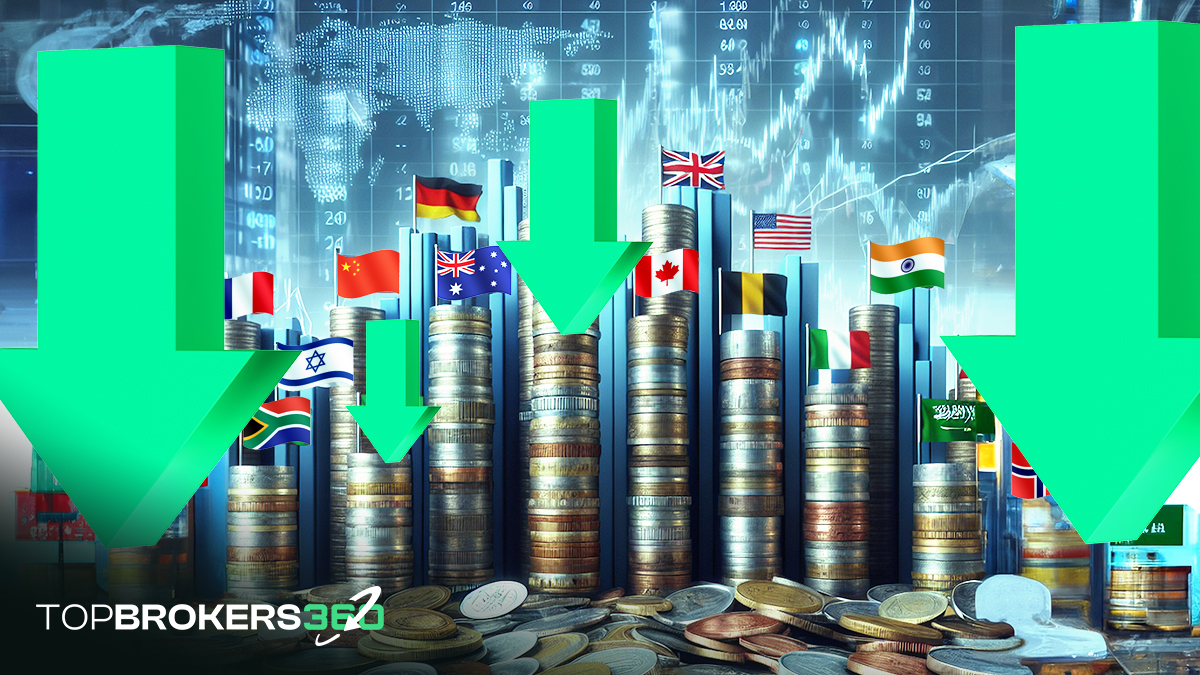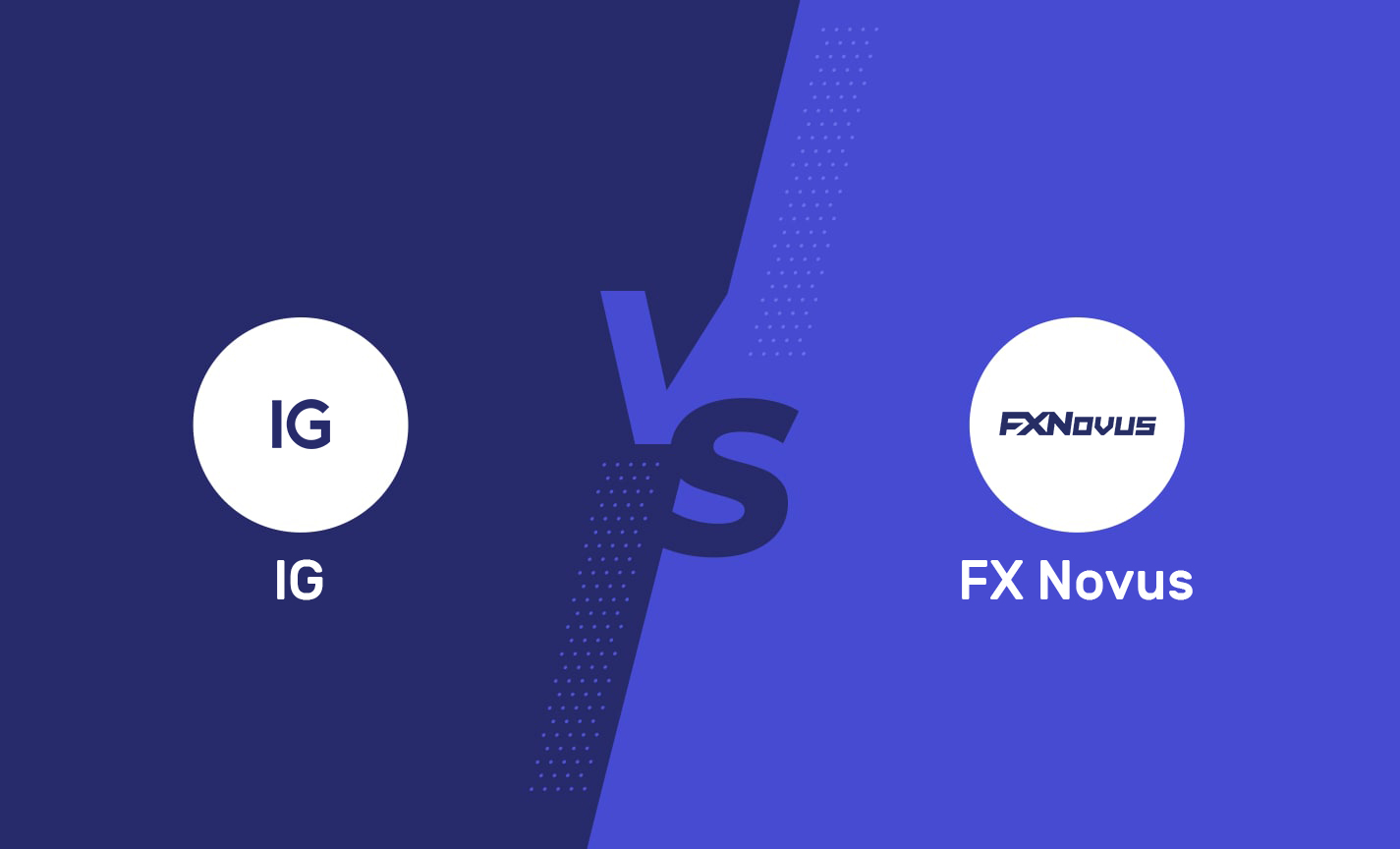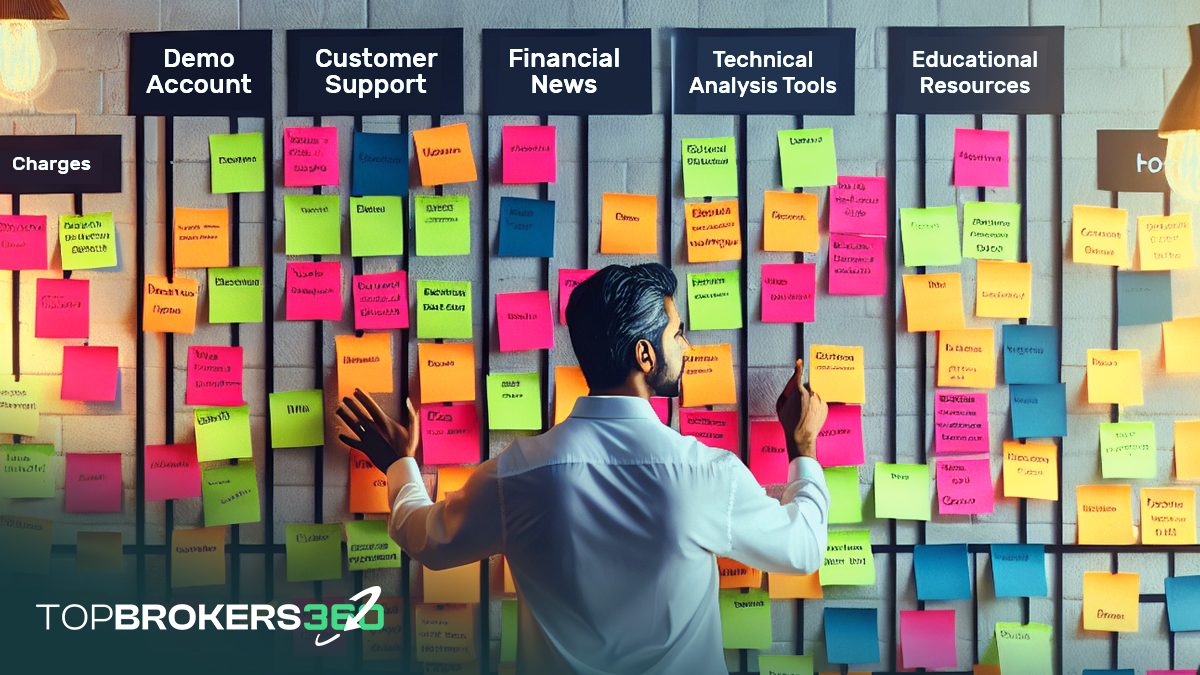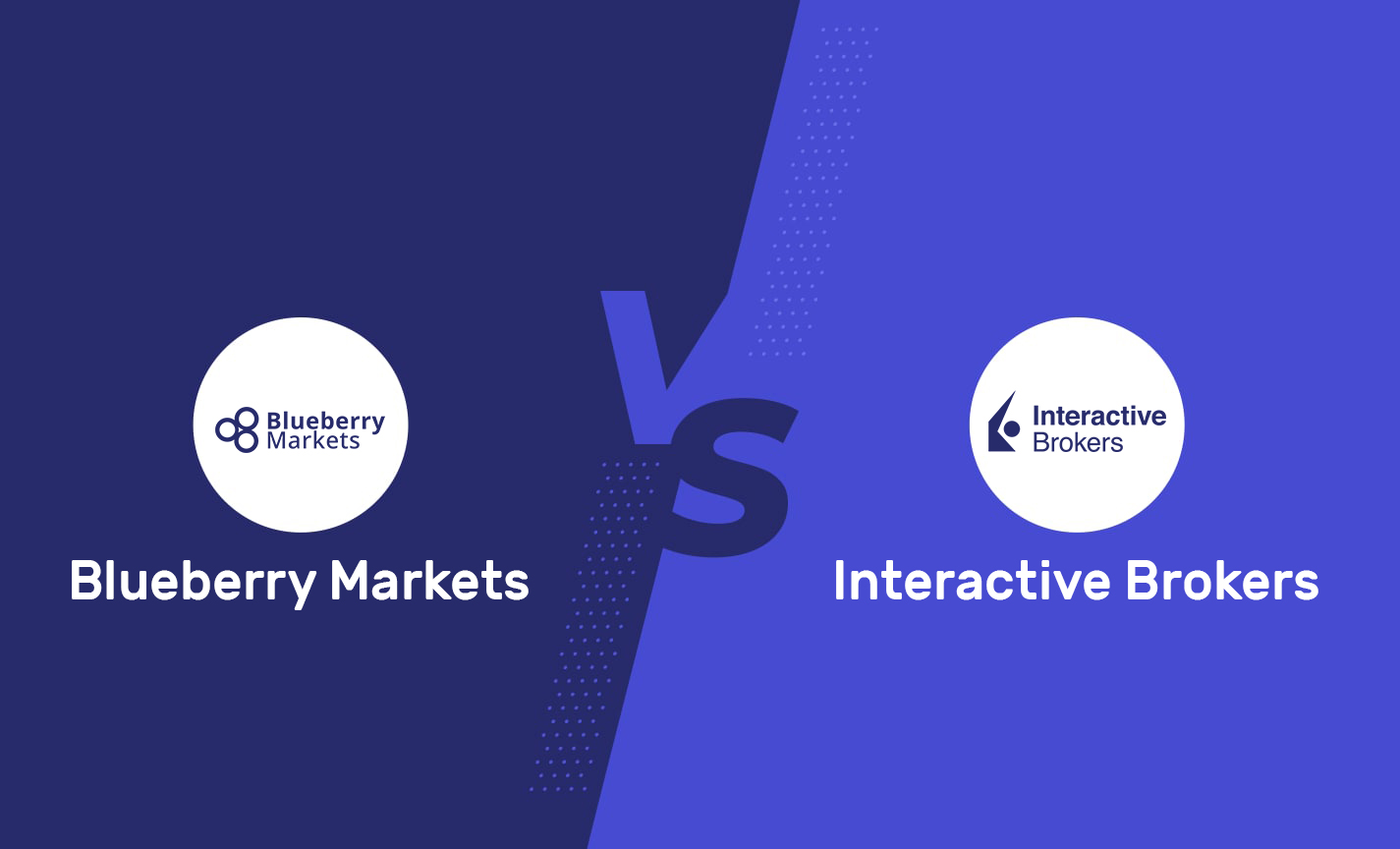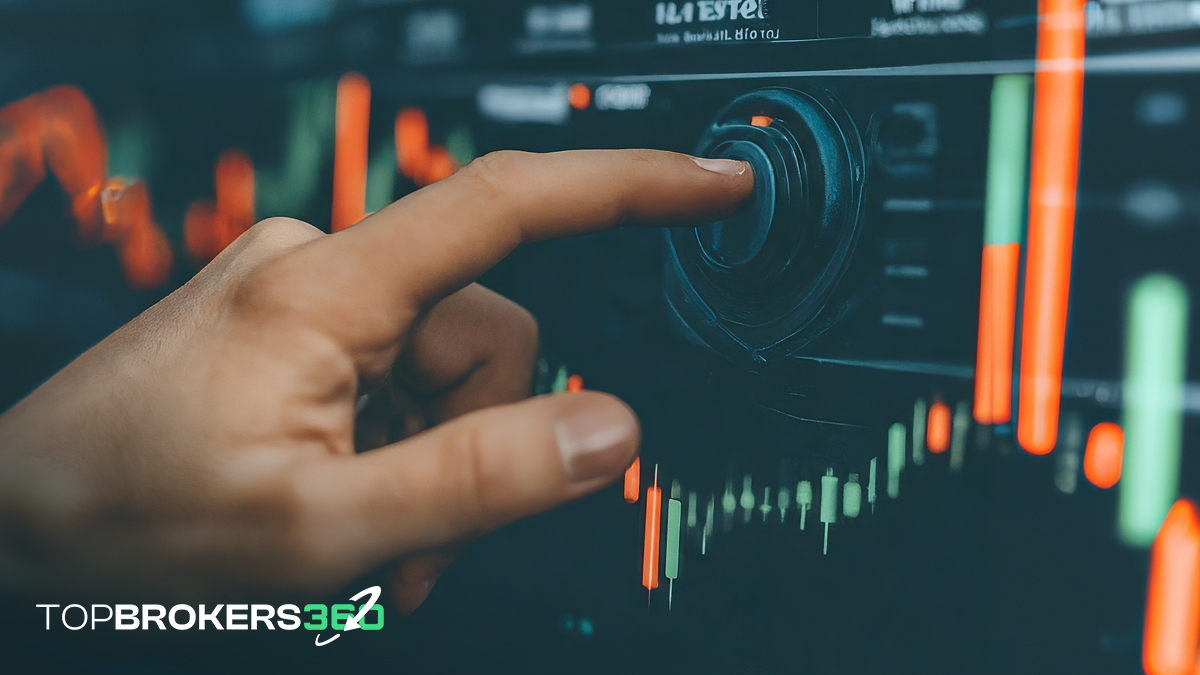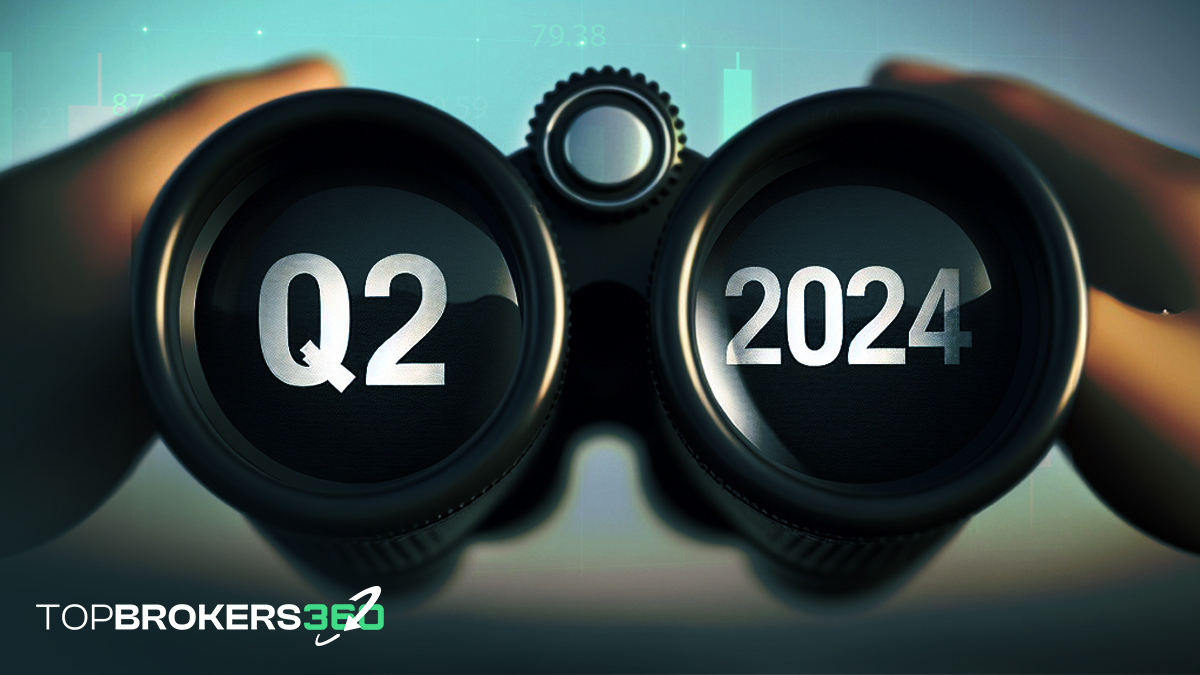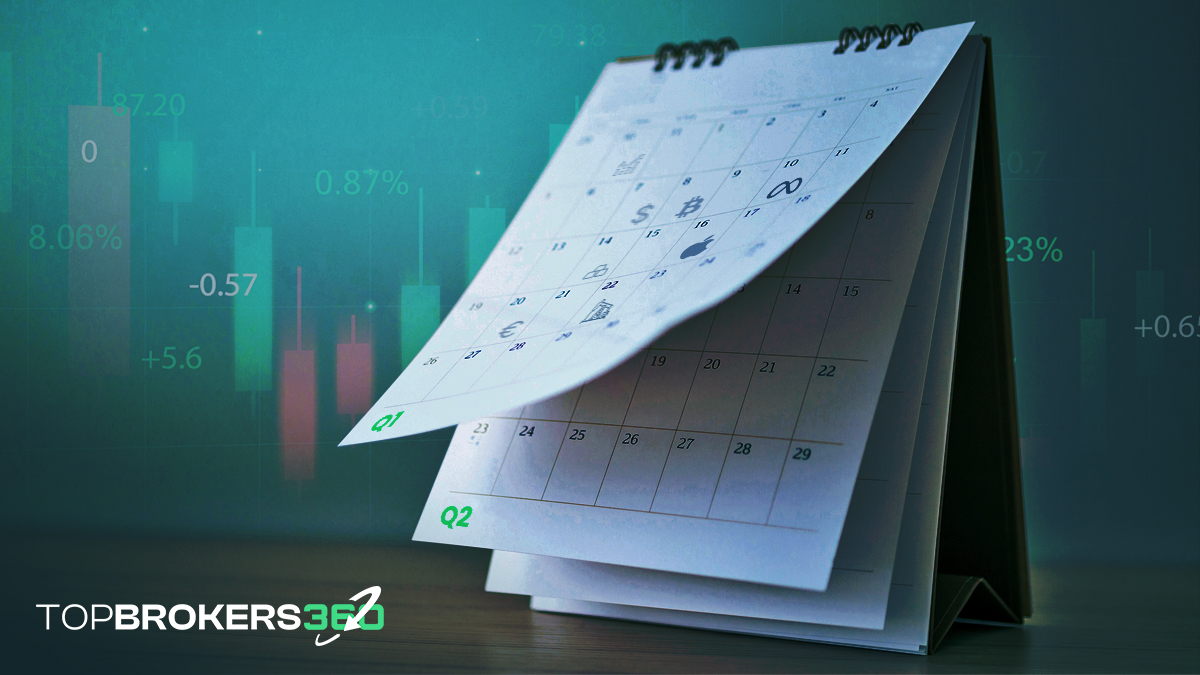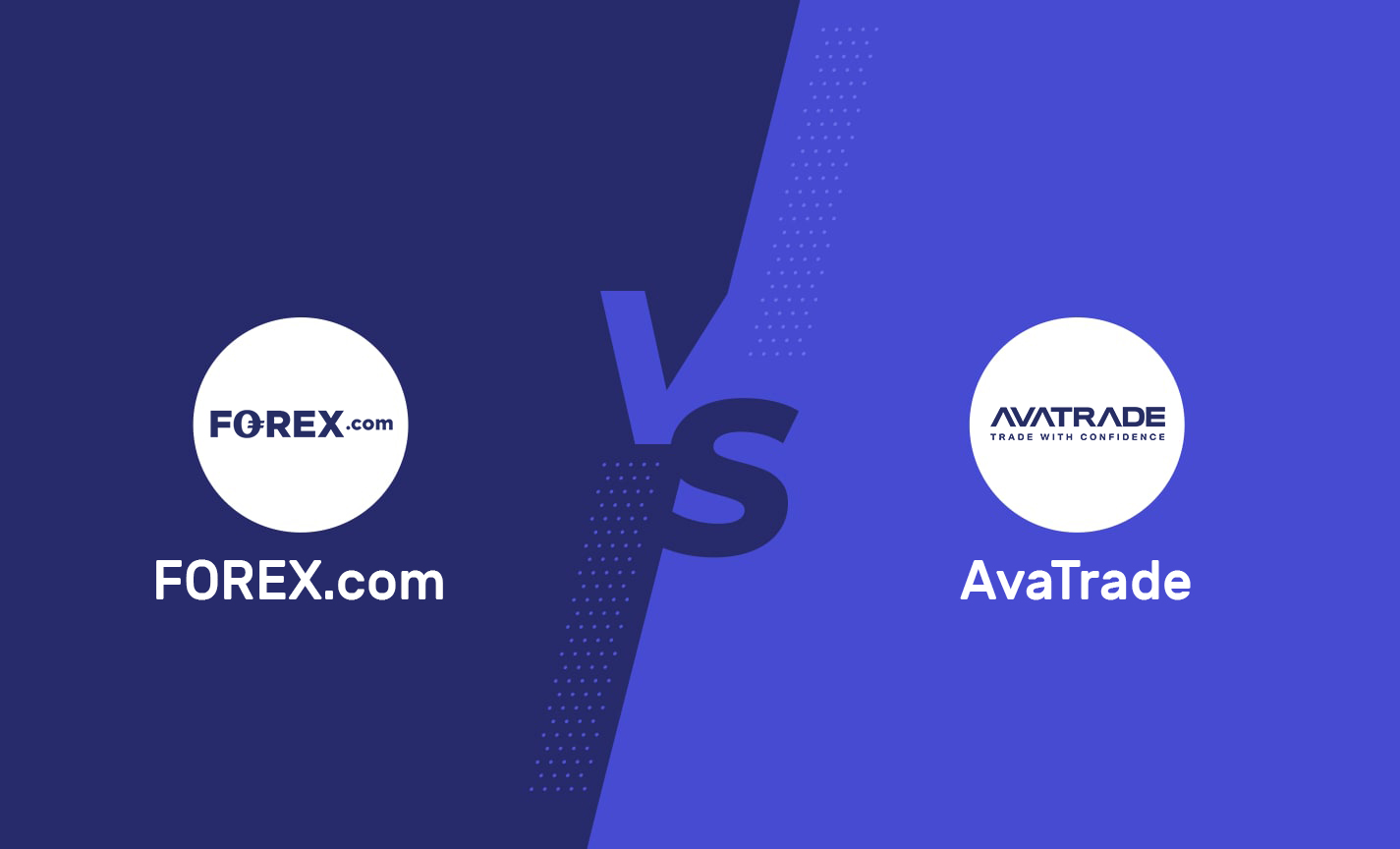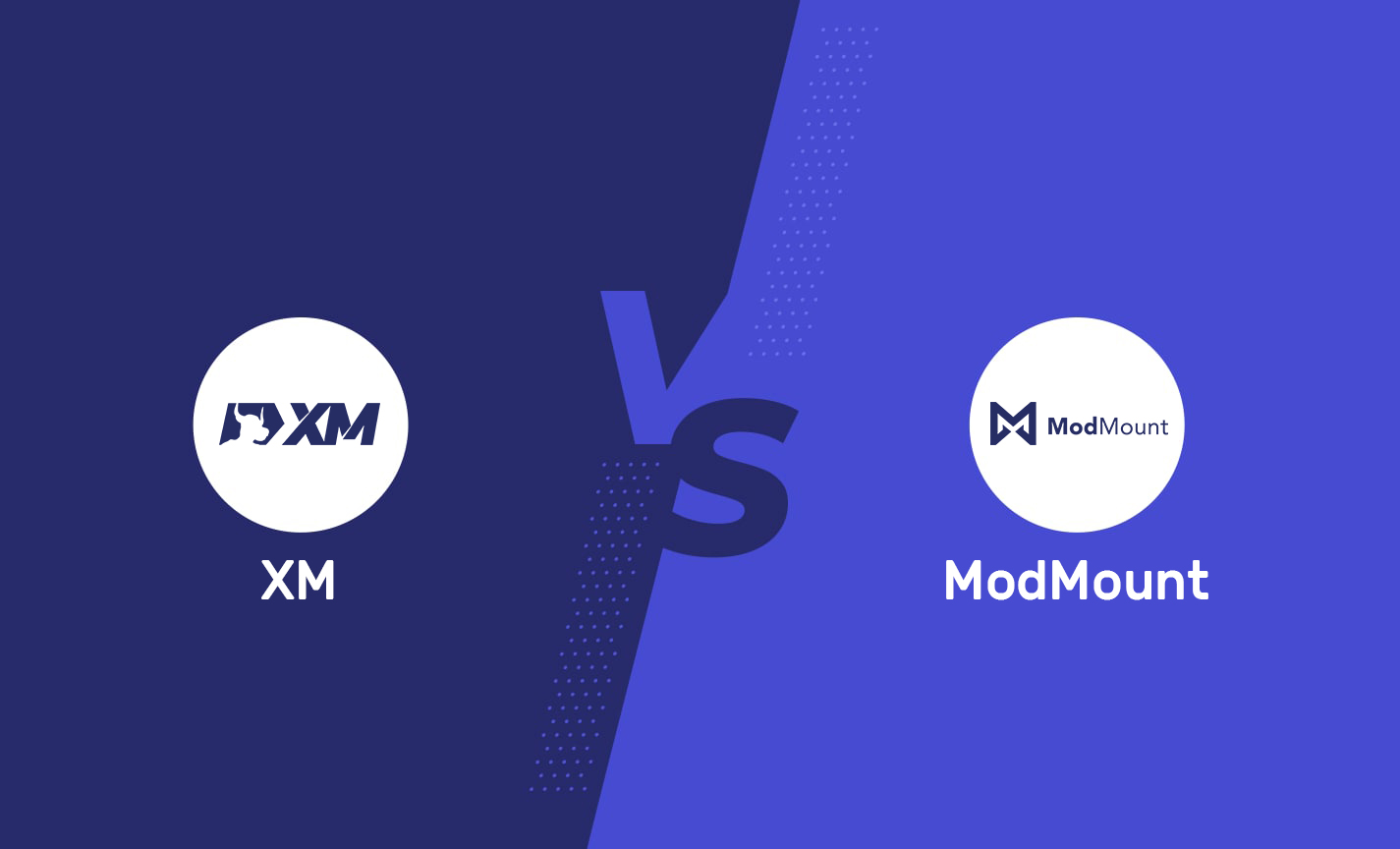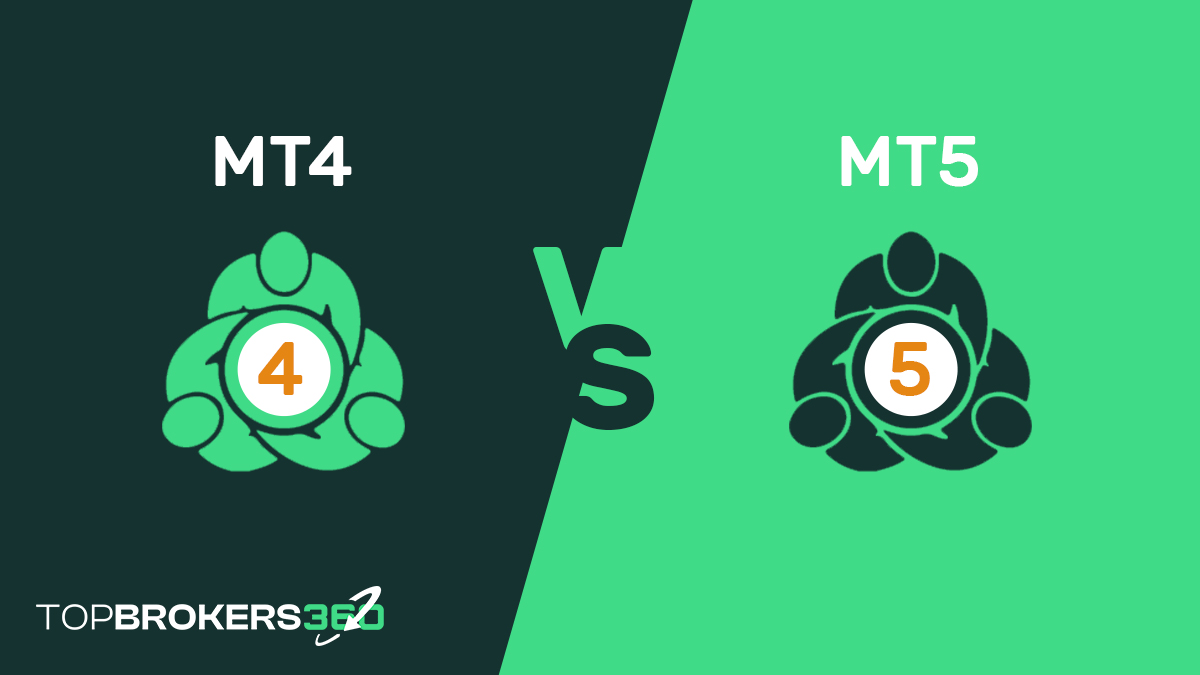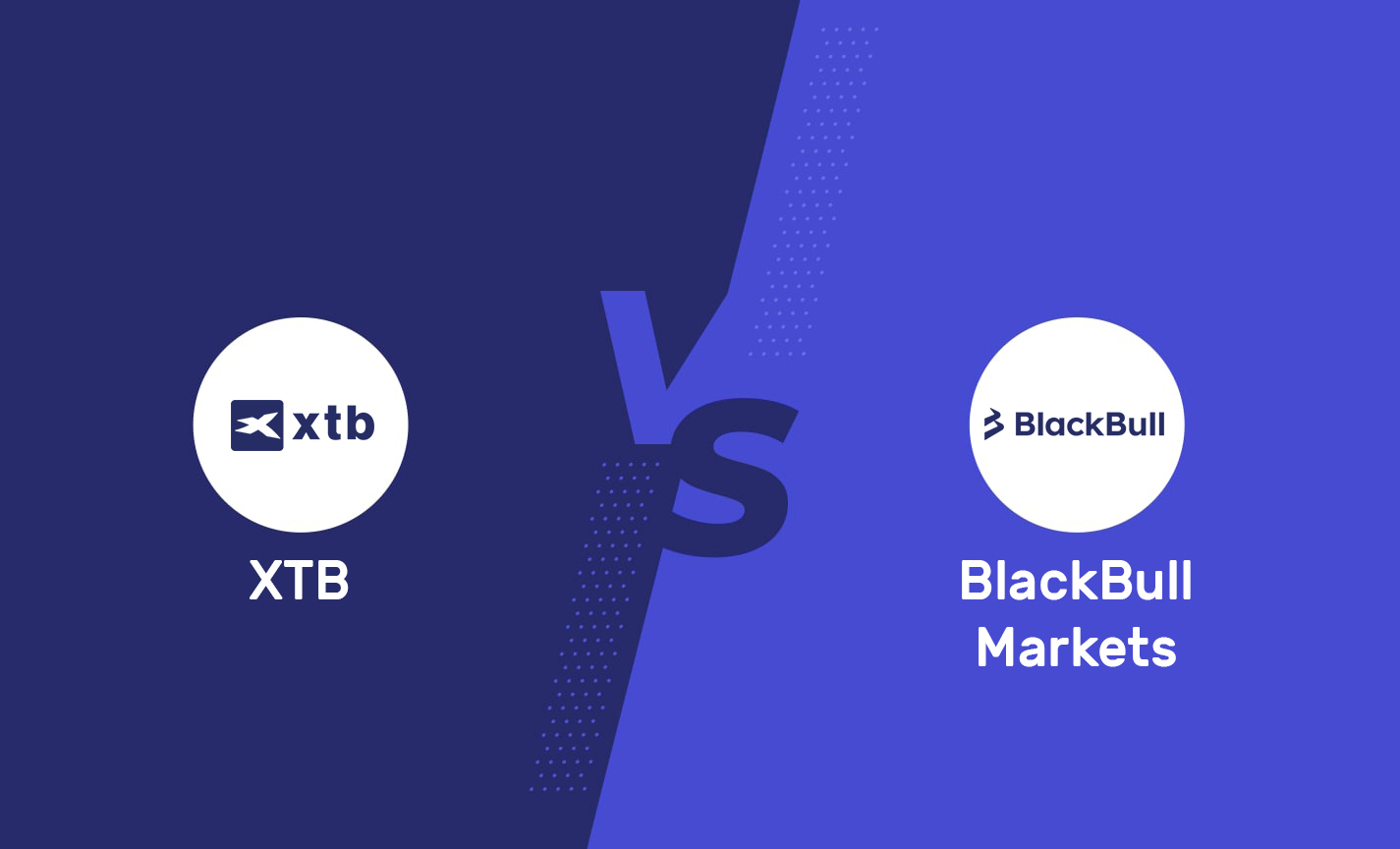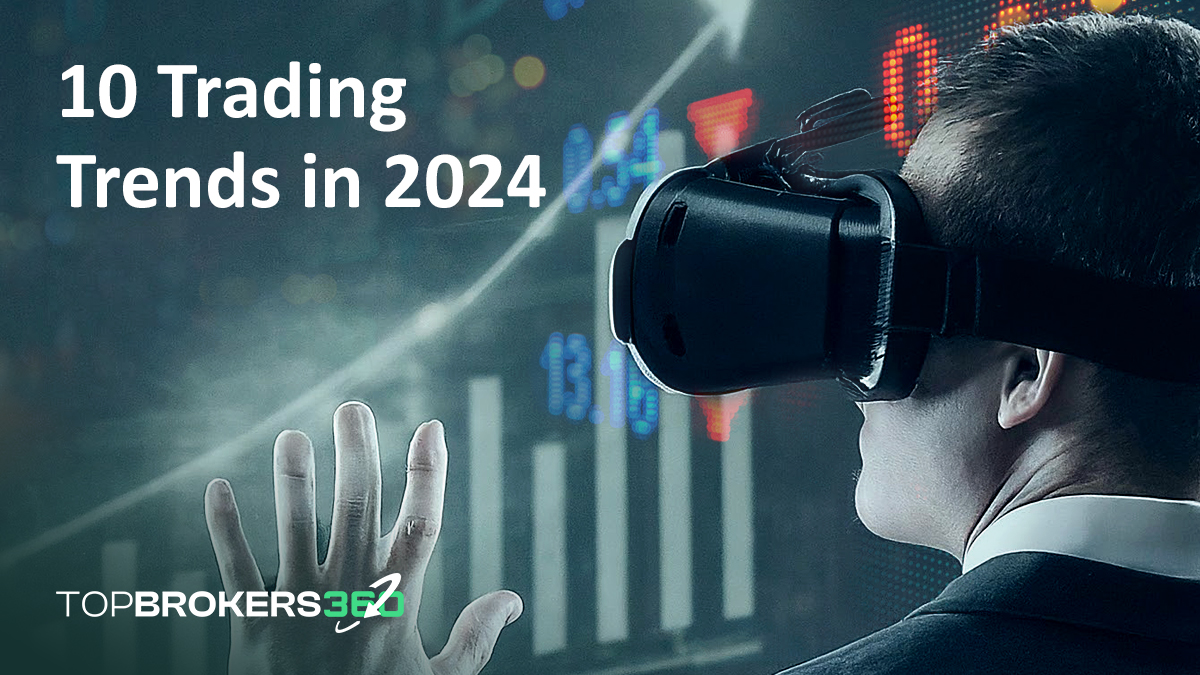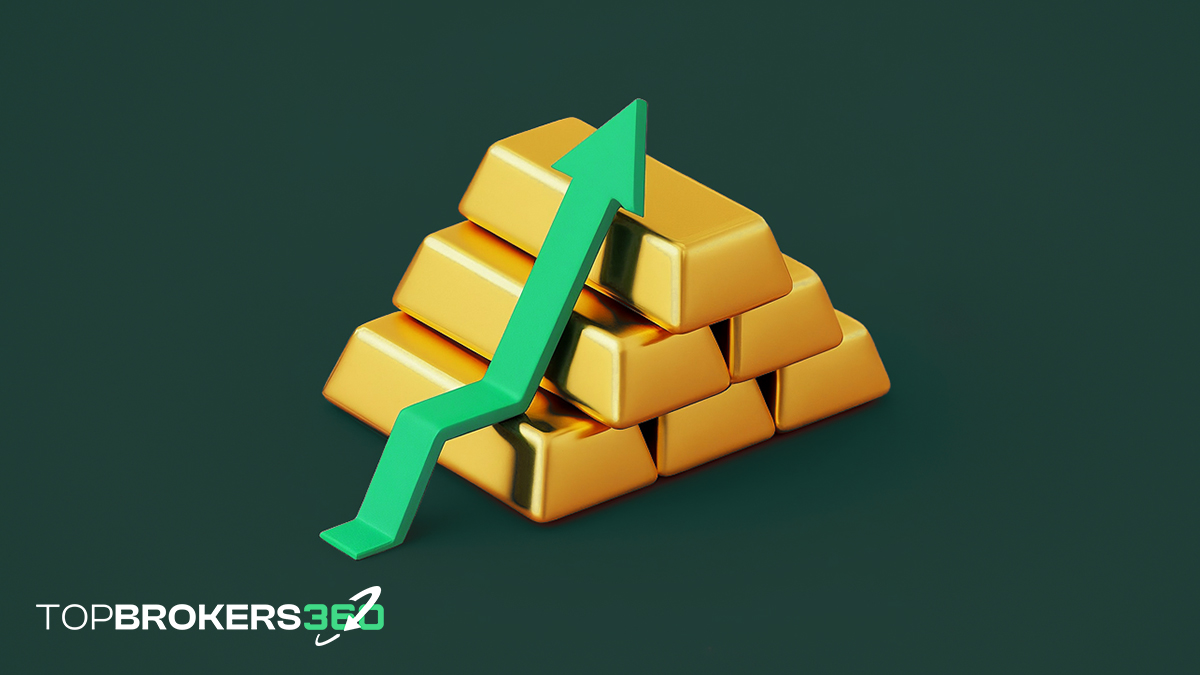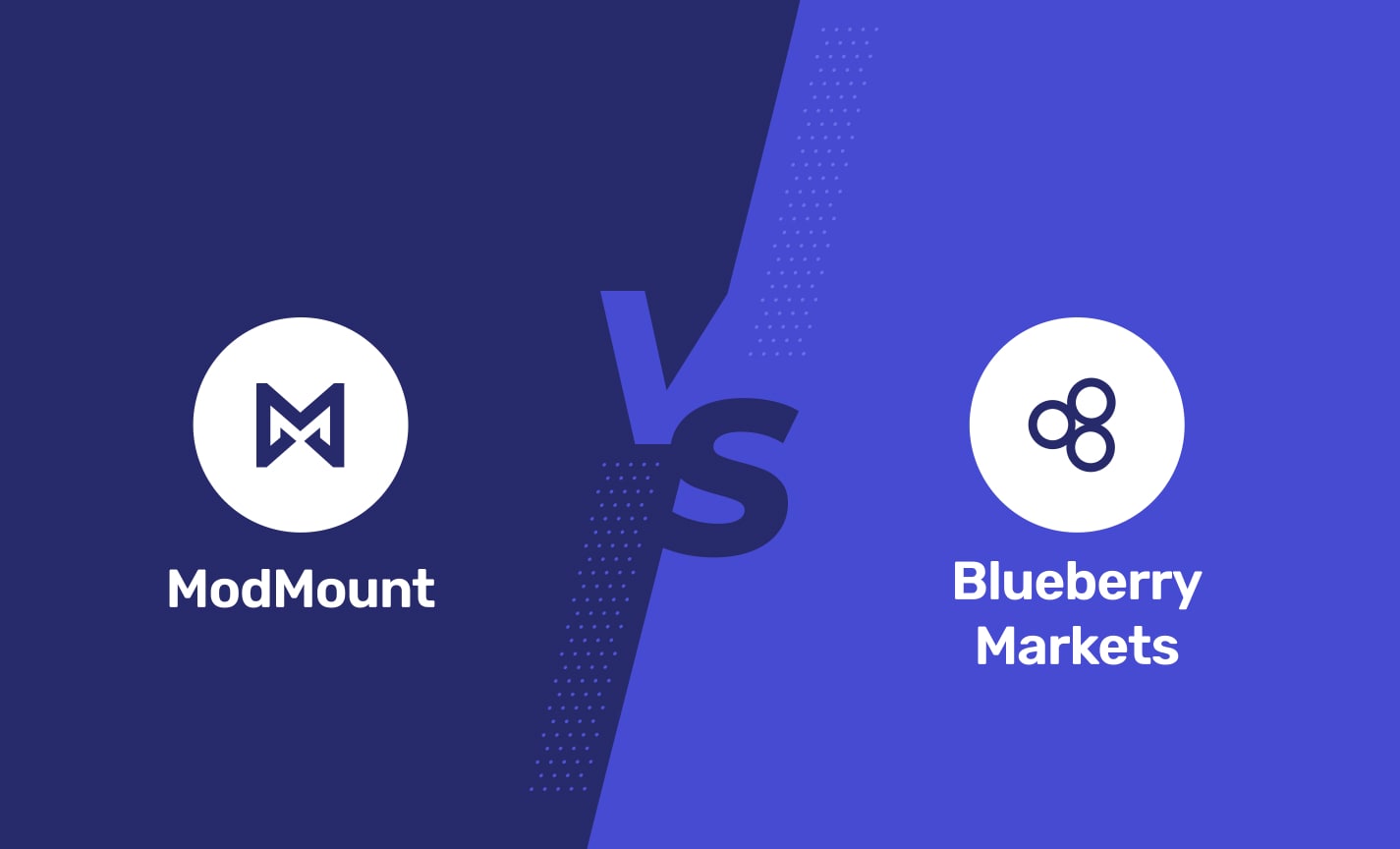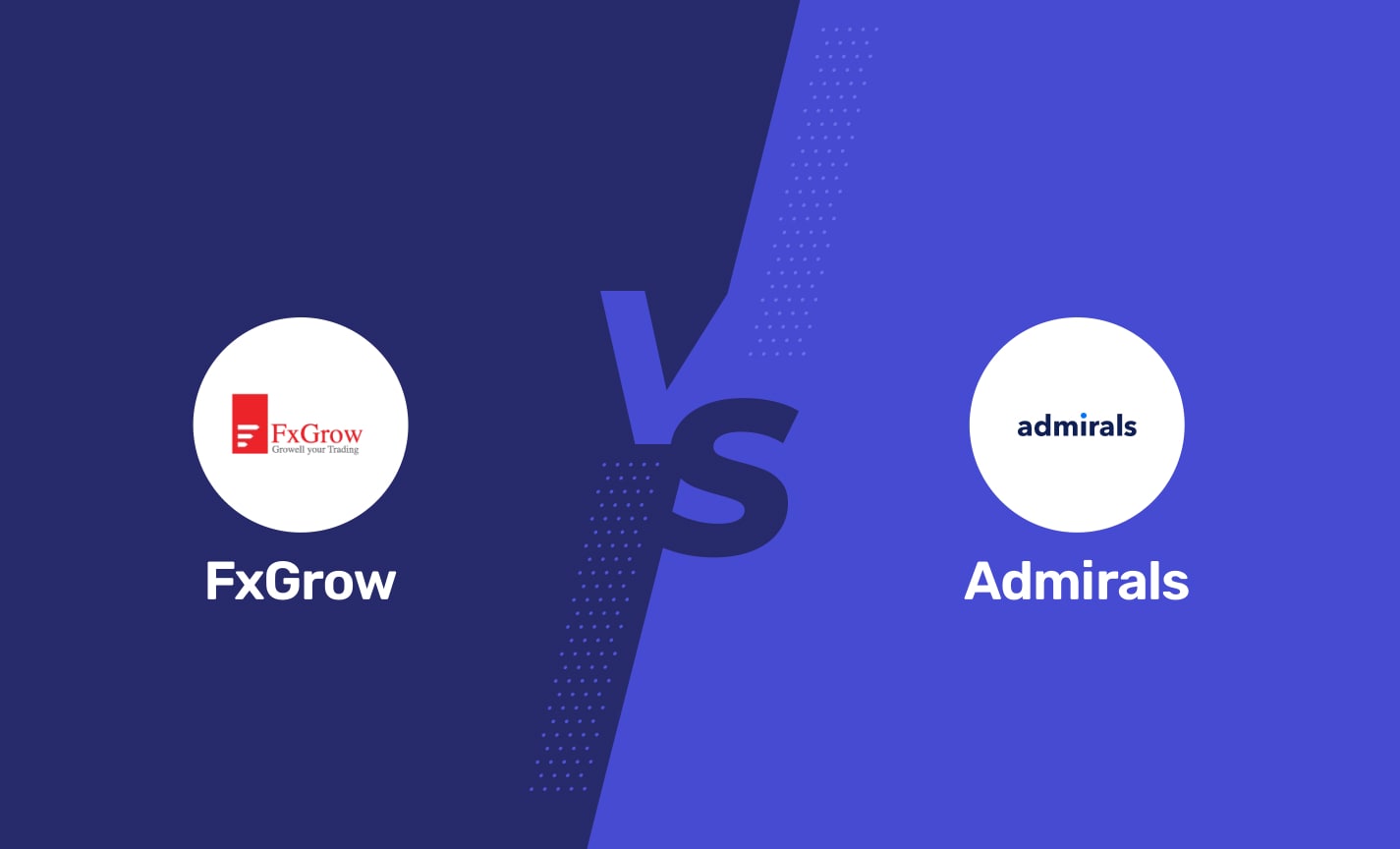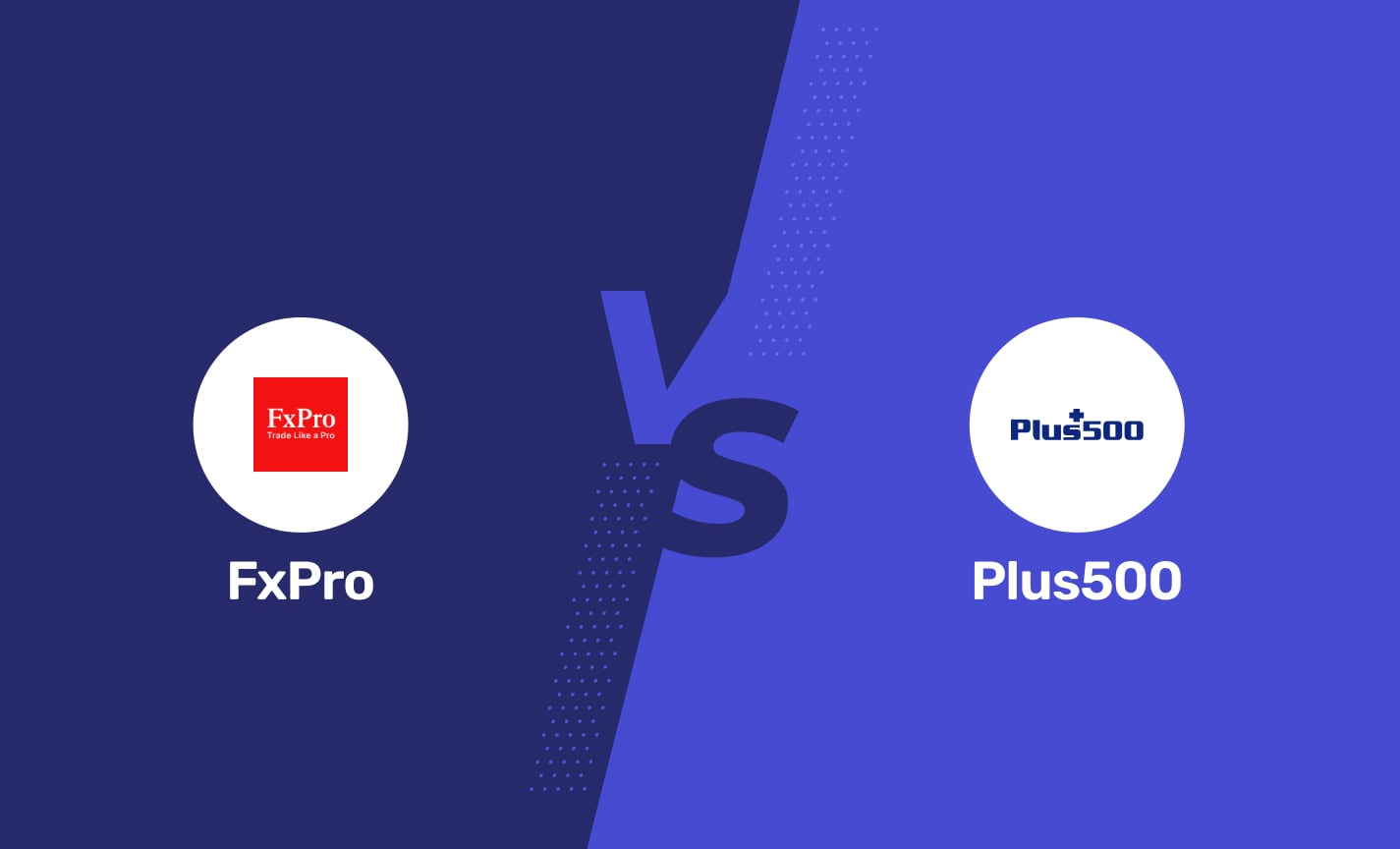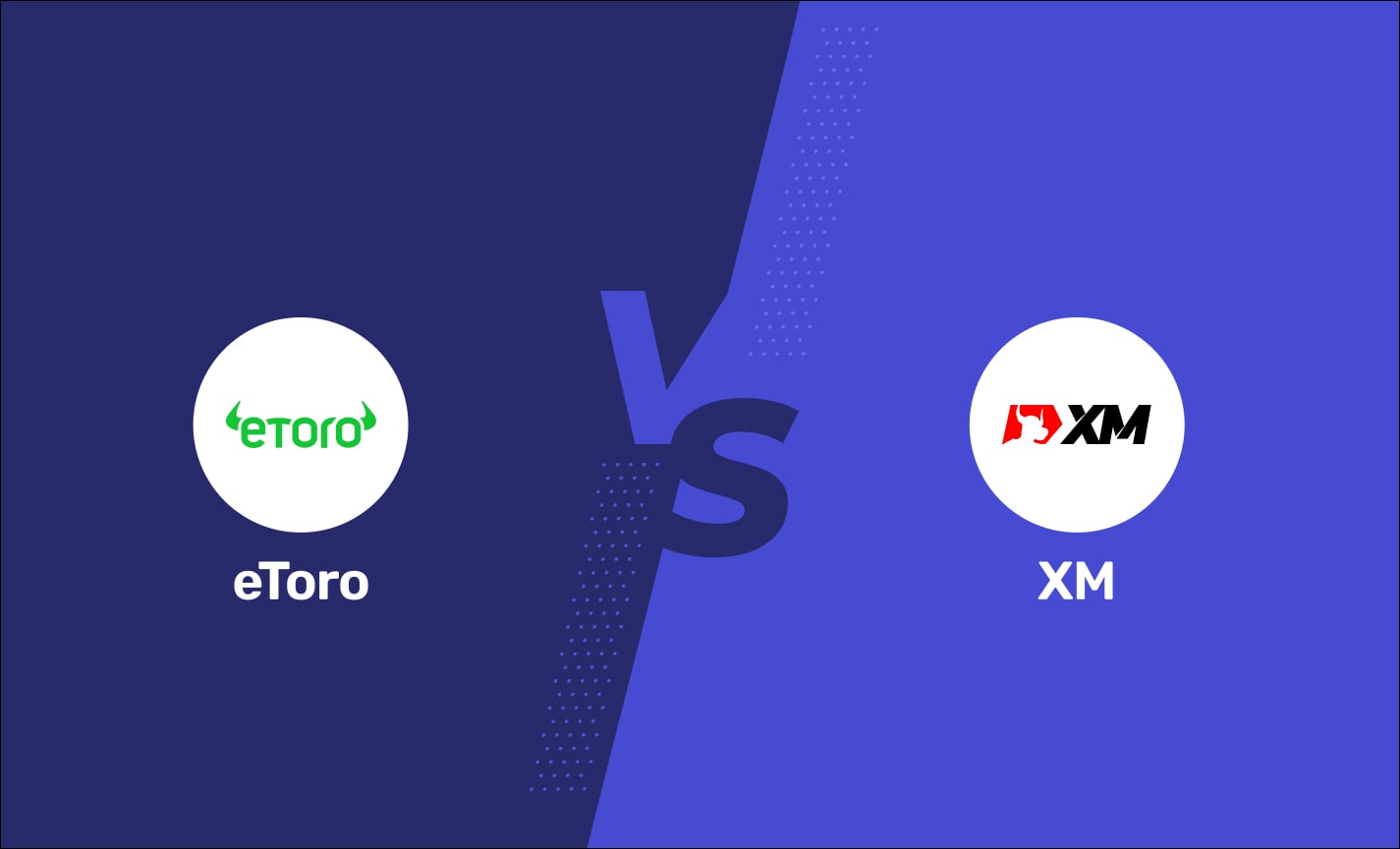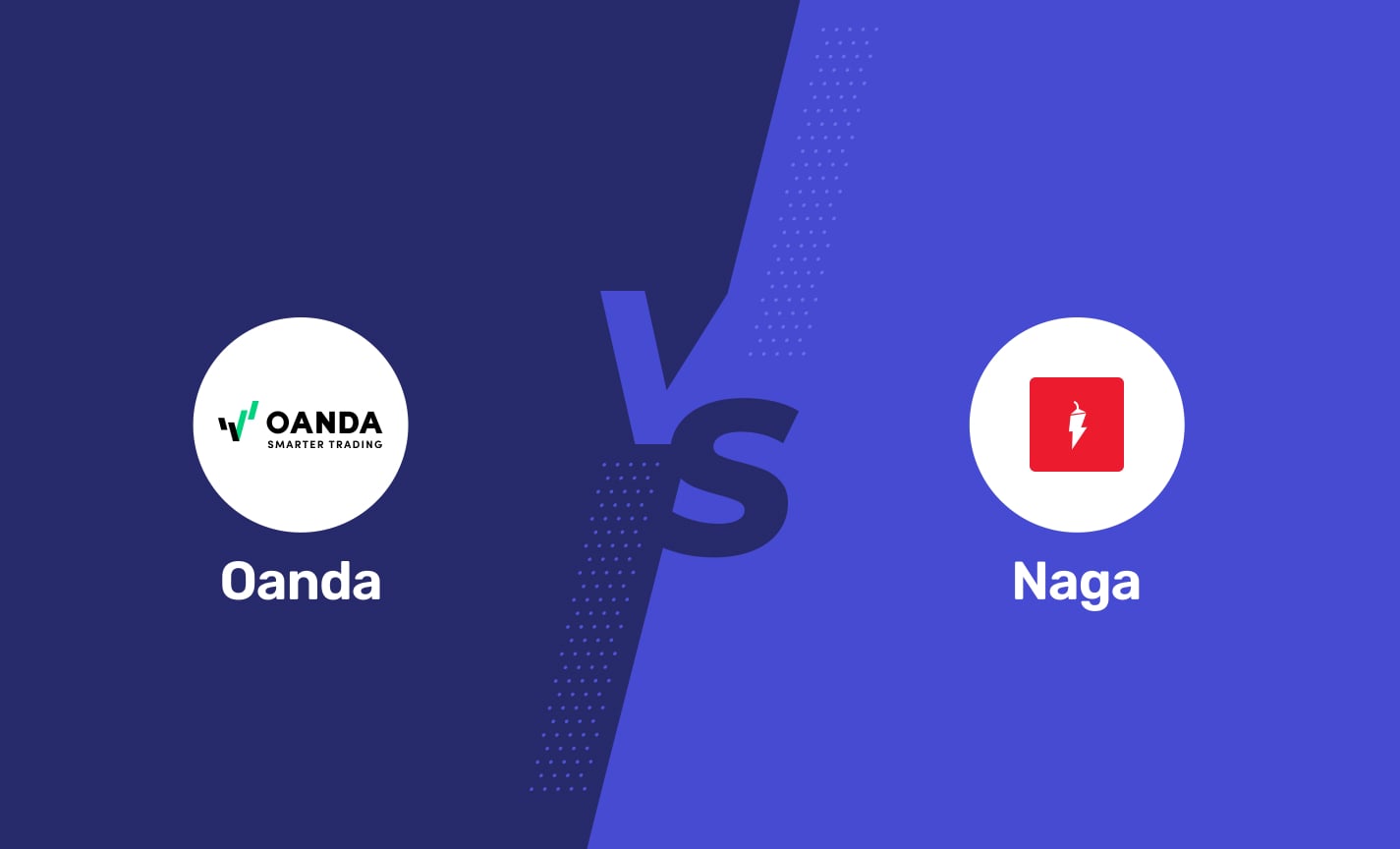Besides being a means of exchange, commodities trading demonstrates the interconnectedness of global economies and the natural world. We hope that this guide will serve as a map as you venture into this new world, leading you to make smart choices and strategic moves in the commodities market. Join us as we guide you through this educational journey, where you will learn the ins and outs of commodity trading.

Fun Fact!
Understanding Commodity Trading
Commodity trading is the backbone of the global economy, facilitating the exchange of essential and luxury goods that fuel our daily lives and industries. At its core, commodity trading involves buying and selling goods like metals, energy, and agricultural products. This market is vibrant and diverse, offering avenues for traders to speculate on price movements or hedge against them.
Hard vs. Soft Commodities
- Hard Commodities: These are natural resources that must be mined or extracted, such as gold, oil, and natural gas. They often serve as economic indicators; for example, oil prices can reflect global economic health.
- Soft Commodities: Agricultural products or livestock, like coffee, sugar, and wheat. Their prices can be influenced by factors like weather conditions and agricultural policies.
Market Structure and Key Players
The commodity market is a complex web of interactions between various participants. Here's a brief overview:
- Producers: The ones who extract or grow the commodities, ranging from mining companies to farmers.
- Buyers: Industries or companies that require these commodities for production, such as jewelry manufacturers or energy companies.
- Investors and Traders: Individuals or entities looking to profit from price fluctuations in the commodities market.
- Brokers and Exchanges: Facilitators of trading, offering platforms for transactions.
This ecosystem works together on commodity exchanges, platforms where commodities are traded. These exchanges ensure standardized contracts, quality control, and a regulated trading environment, making the commodity market accessible and fair for all participants.
Fun Fact!
The Basics of How to Trade Commodities
There are two main ways to enter the commodity trading industry: the Spot Markets and the Derivatives Markets. Each avenue offers distinct mechanisms and opportunities for traders, from immediate transactions to speculative or hedging strategies looking ahead.
Spot Markets
In the spot market, commodities are traded for immediate exchange. This means the buyer pays for the commodity, and the seller delivers it on the spot, or within a very short timeframe. Spot markets are straightforward, reflecting the current market price or "spot price" of a commodity. They are ideal for traders looking to acquire or offload physical goods quickly, such as agricultural products or precious metals.
Derivatives Markets
The derivatives market, on the other hand, operates on a different principle. Here, commodities are not exchanged immediately. Instead, traders deal in contracts based on the future price of a commodity, including CFDs:
- Futures Contracts: Agreements to buy or sell a specific commodity at a predetermined price on a specified future date. These are standardized in terms of quantity and quality to facilitate trading on an exchange.
- Options: Contracts that give the holder the right, but not the obligation, to buy or sell a commodity at a set price before the contract expires.
- Swaps: Complex financial instruments that allow two parties to exchange cash flows or other financial assets, often used for hedging purposes.
Fun Fact!

Diving Deeper into Commodity Markets
Exploring futures contracts and derivatives like options and swaps reveals their significance in commodity trading, offering a blend of risk management, speculation, and leverage. Moreover, understanding the role of commodity exchanges sheds light on their vital function in facilitating and regulating market transactions.
Futures Contracts Simplified
Futures contracts are agreements to buy or sell a commodity at a future date for a predetermined price, allowing traders to hedge against price changes or speculate. These contracts are standardized and traded on commodity exchanges, which ensures transparency and liquidity.
Options and Swaps
- Options grant the right, not the obligation, to buy or sell commodities at a set price before expiry, offering flexibility and protection against adverse price movements for a premium.
- Swaps involve exchanging cash flows or financial instruments, typically used by traders for hedging purposes.
Commodity Exchanges at a Glance
Commodity exchanges are the hubs for trading futures and derivatives. They standardize contracts, provide a transparent trading platform, and enforce regulations to ensure market integrity.
Fun Fact!
Getting Started in Commodities Trading
There are several crucial steps when getting started on your commodities trading journey, from choosing a broker to mastering research and risk management techniques.
1. Selecting a Broker
- Research: Utilize TopBrokers360 to compare brokers, like ModMount and XTB, focusing on their fees, platform features, and customer support.
- Verify: Ensure the broker is regulated by a reputable authority, offering an additional layer of security like CMC Markets and FXNovus.
- Demo Account: Many brokers like Exness and InstaForex offer demo accounts. Use these to familiarize yourself with their platforms without risking real money.
➟ Click here to compare more Top Brokers.
2. Setting Up Your Trading Account
- Application: Fill out the broker's application form, providing the necessary personal and financial information.
- Verification: Submit the required documents for identity and residence verification.
- Funding: Deposit funds into your account using the broker's provided methods.
3. Research and Analysis
- Commodity Selection: Start with commodities you are interested in or have some knowledge about. Consider market trends, supply and demand factors, and geopolitical influences.
- Technical Analysis: Use charts and technical indicators to analyze price movements and identify trading opportunities.
- Fundamental Analysis: Stay informed about global events, weather conditions, and economic indicators that can affect commodity prices.
Understanding Risk Management and Leverage
- Leverage: While leverage can amplify gains, it also increases risk. Begin trading with lower leverage to mitigate potential losses.
- Risk Management Techniques: Implement stop-loss orders to limit potential losses. Only risk a small percentage of your account on each trade.
- Diversification: Spread your investments across different commodities to reduce risk.
Quick Tips
- Always start with a clear trading plan and strategy.
- Keep emotions in check; don't let fear or greed drive your decisions.
- Continuous learning is key; stay updated with market news and trends.
- Practice with a demo account before committing to real funds.
Common Pitfalls and How to Avoid Them
Awareness of common pitfalls and strategic advice can significantly enhance your trading decisions, steering you towards a more successful path.
Common Mistakes in Commodity Trading
- Overleveraging: Borrowing too much capital can amplify losses, especially in volatile markets.
- Ignoring Risk Management: Failing to set stop-loss orders or risking too much on a single trade.
- Lack of Research: Entering trades based on speculation without adequate market analysis.
- Emotional Trading: Allowing emotions like fear and greed to drive trading decisions.
- Neglecting Global Events: Overlooking geopolitical or economic events that can impact commodity prices.
Strategies to Avoid Pitfalls
- Moderate Leverage Use: Start with lower leverage to manage risk effectively.
- Implement Risk Management: Always use stop-loss orders and only risk a small percentage of your capital per trade.
- Conduct Thorough Research: Base trading decisions on a combination of technical and fundamental analysis.
- Stay Disciplined: Develop a trading plan and stick to it, avoiding impulsive decisions.
- Monitor Global Events: Stay informed about news and events that could affect commodity markets.
Fun Fact!

Resources and Tools for Commodities Traders
From real-time data platforms to educational materials, leveraging these commodities can significantly enhance your trading strategy and market understanding.
Essential Resources and Tools
- Market Data Platforms: Websites like Bloomberg and Reuters provide up-to-the-minute market news, data, and analysis, essential for making informed decisions.
- Trading Platforms: Many brokers offer sophisticated platforms with charting tools, technical indicators, and automated trading capabilities.
- Economic Calendars: Keep track of important economic announcements and events that can affect commodity prices.
- Simulation Software: Practice trading strategies in a risk-free environment using simulation software or demo accounts provided by brokers.
➟ For more information on brokers that offer these services, have a look at our Broker Reviews.
Fun Fact!
Preparing for Success in Commodities Trading
Taking your first steps into commodities trading is an exciting venture that combines knowledge, strategy, and market insight. We have explored the fundamentals of commodity trading, from understanding the different markets and instruments to selecting the right broker and managing risks effectively. Remember, success in trading requires patience, discipline, and continuous learning.
As you step into the commodities market, keep the lessons and strategies discussed in mind. Use resources like TopBrokers360 to find a broker that aligns with your trading goals and preferences. Happy trading!
Frequently Asked Questions
1. What is meant by commodity trading?
Commodity trading involves buying and selling goods that are considered commodities, such as agricultural products, metals, and energy resources. This type of trading aims to profit from changes in the price of these goods, and it can take place on both spot markets (for immediate delivery) and derivatives markets (for future delivery).
2. What is an example of a commodity in trading?
An example of a commodity in trading is crude oil. It is a key energy commodity traded globally, with its prices influenced by factors like geopolitical events, supply and demand dynamics, and global economic health.
3. What do commodity traders do?
Commodity traders buy and sell commodities or commodity derivatives intending to profit from price fluctuations. They may work for trading firms, financial institutions, or as individual investors. Their activities can include analyzing market trends, forecasting price movements, and managing risk through various trading strategies.
4. Can I make money trading commodities?
Yes, it is possible to make money trading commodities by capitalizing on price movements. However, commodity trading also involves risks, and it requires a good understanding of the market, a well-thought-out trading strategy, and effective risk management practices to be successful.
5. How do I start trading commodities?
To start trading commodities, you should first educate yourself about the commodity markets, understand the risks involved, and develop a trading strategy. Next, choose a reputable broker, preferably one that offers educational resources and a demo account for practice. Finally, set up a trading account, fund it, and begin trading using your strategy while managing your risks carefully.
6. What are the risks of commodity trading?
The risks of commodity trading include market risk (price fluctuations), leverage risk (losses can exceed the initial investment), and volatility risk (commodities can be highly volatile). Additionally, geopolitical and economic events can significantly impact commodity prices.
7. What's the difference between spot and futures trading in commodities?
Spot trading involves buying or selling a commodity for immediate delivery and payment, reflecting current market prices. Futures trading, on the other hand, involves contracts for the purchase or sale of a commodity at a predetermined price on a future date, allowing traders to hedge or speculate on future price movements.
8. Are commodities a good investment?
Commodities can be a good investment as part of a diversified portfolio. They can offer protection against inflation and currency depreciation and can provide returns that are uncorrelated with traditional financial assets like stocks and bonds. However, commodities also carry their own set of risks and require careful consideration.
9. How do commodity exchanges work?
Commodity exchanges are platforms where commodities and their derivative contracts are traded. These exchanges standardize the contracts in terms of quantity and quality, provide a mechanism for price discovery, facilitate trade settlement, and enforce trading rules to ensure a fair and orderly market.
10. Can beginners trade commodities?
Yes, beginners can trade commodities, but it requires preparation. Beginners need to educate themselves about the market, understand the risks, and start with a solid trading plan. Utilizing educational resources, starting with a demo account, and choosing the right broker are crucial steps for beginners aiming to trade commodities successfully.
➟ Visit TopBrokers360 for a variety of educational articles designed to enhance your trading knowledge.











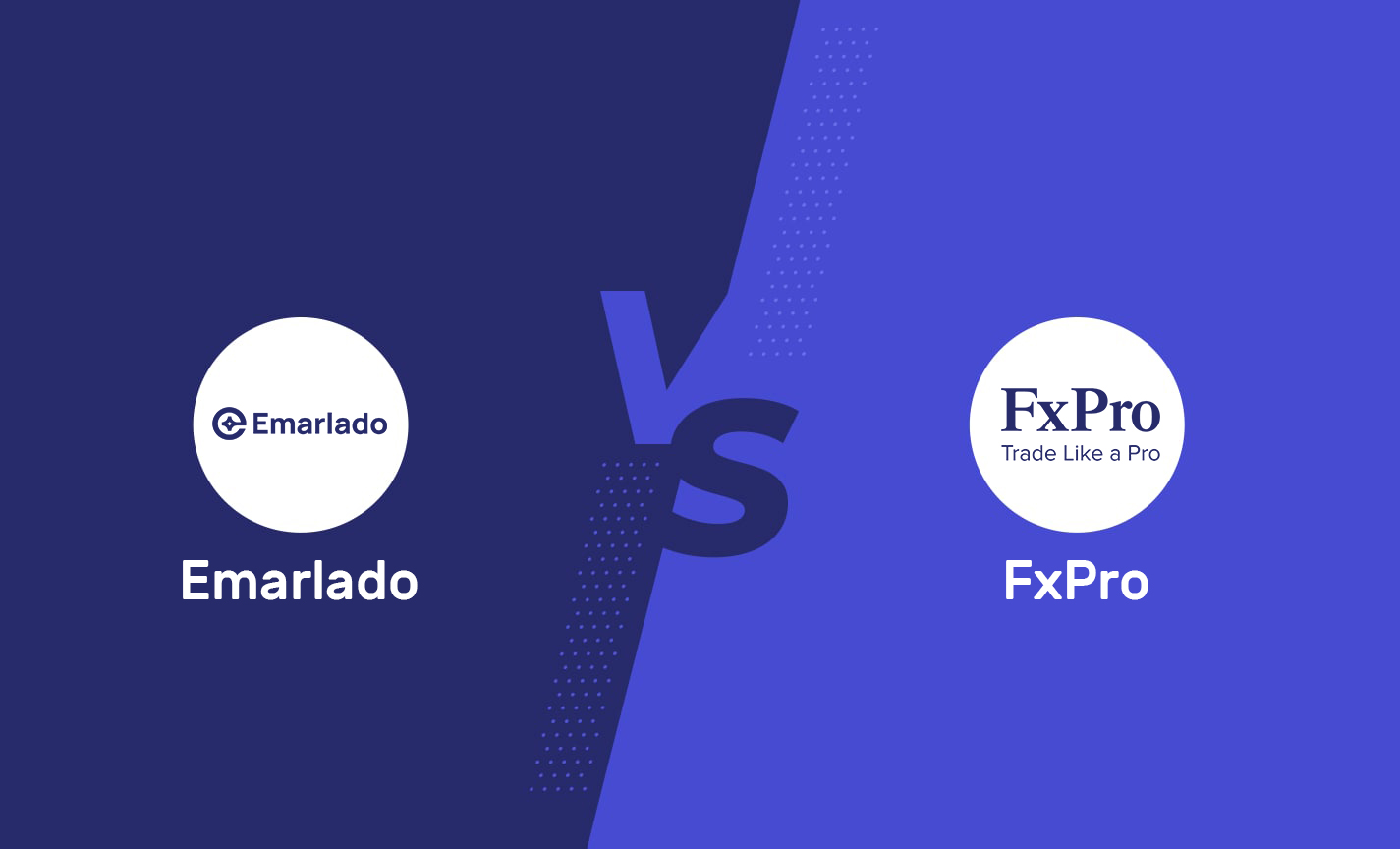
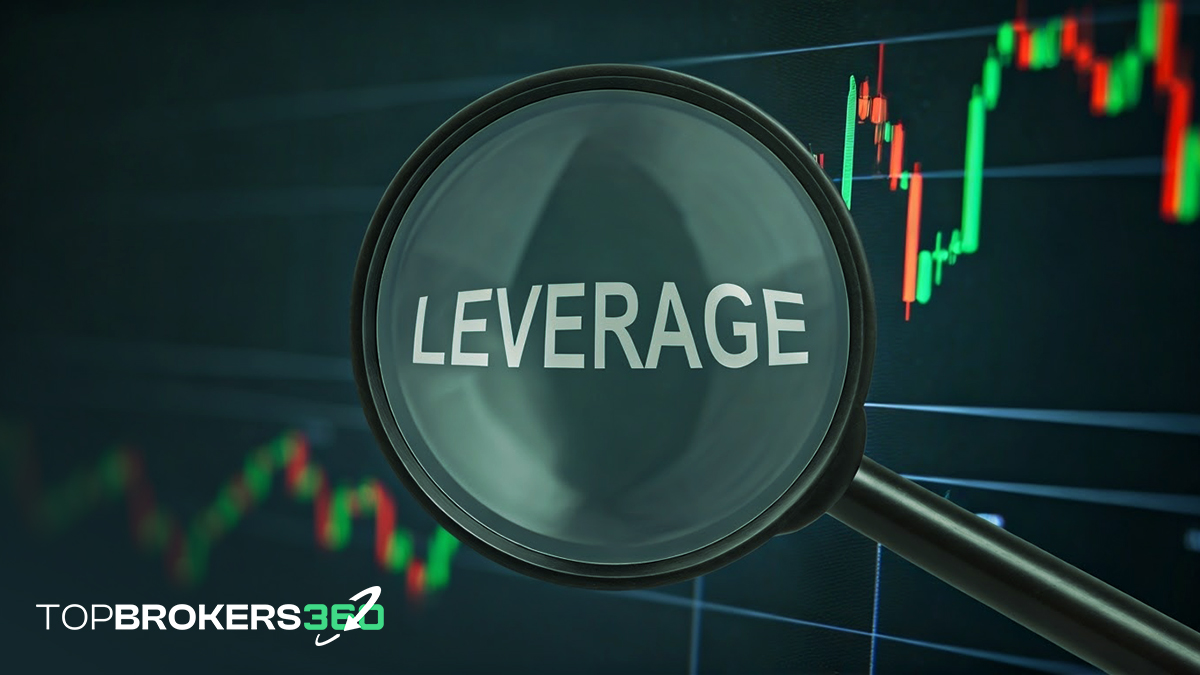

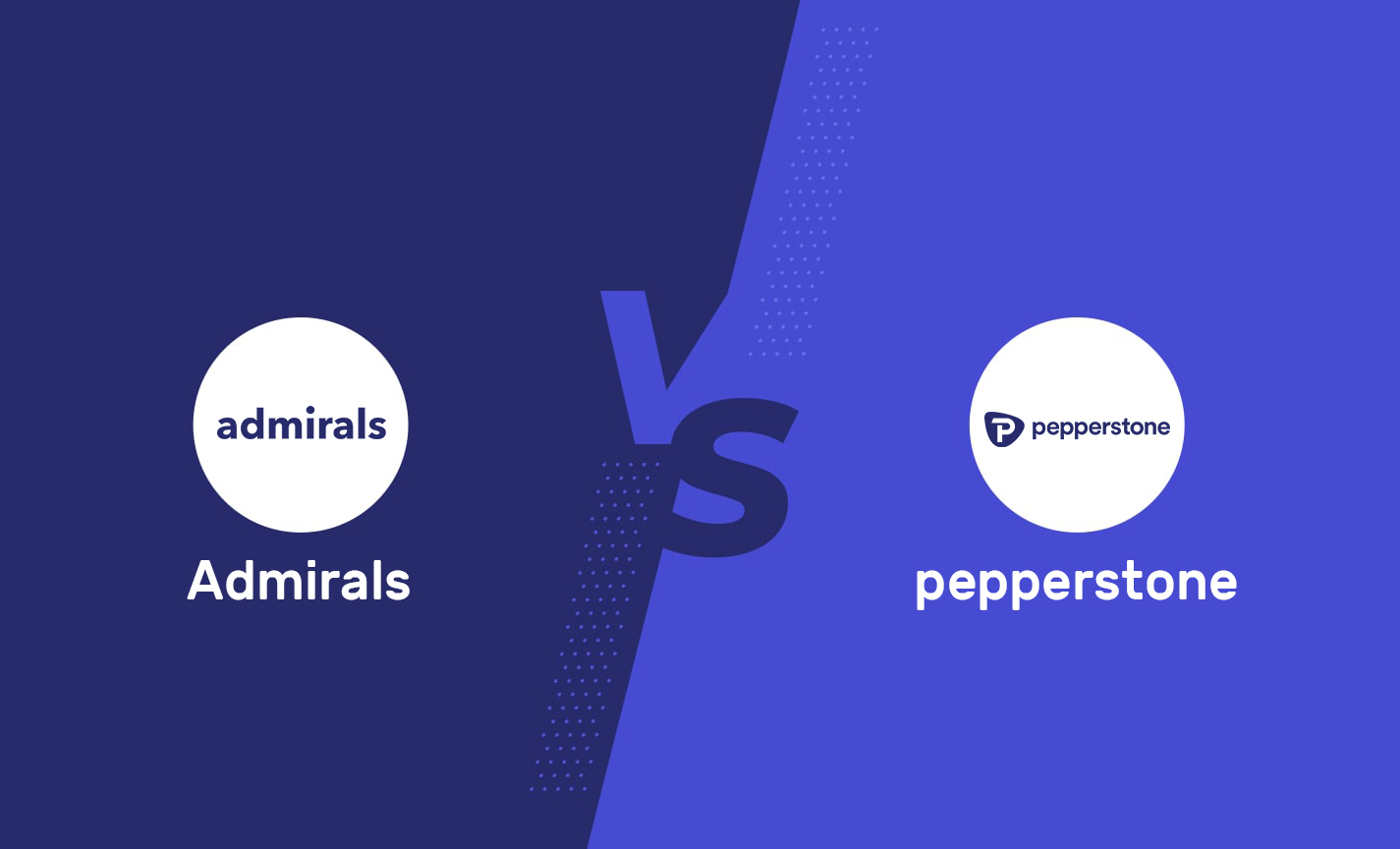
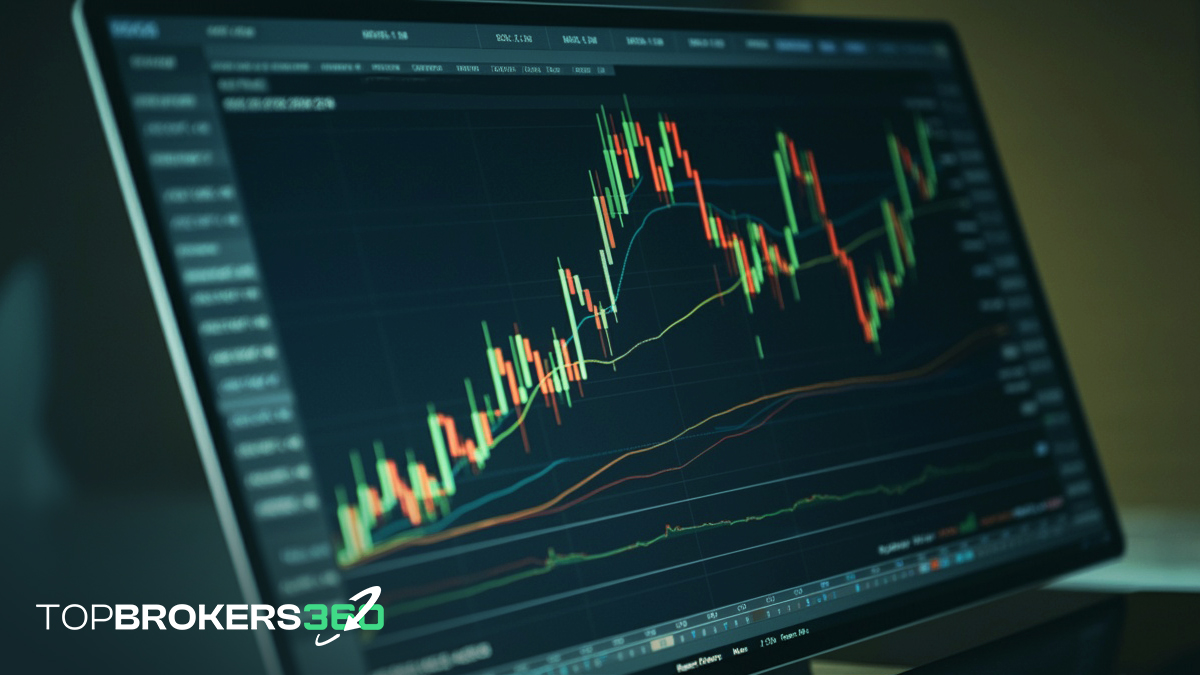
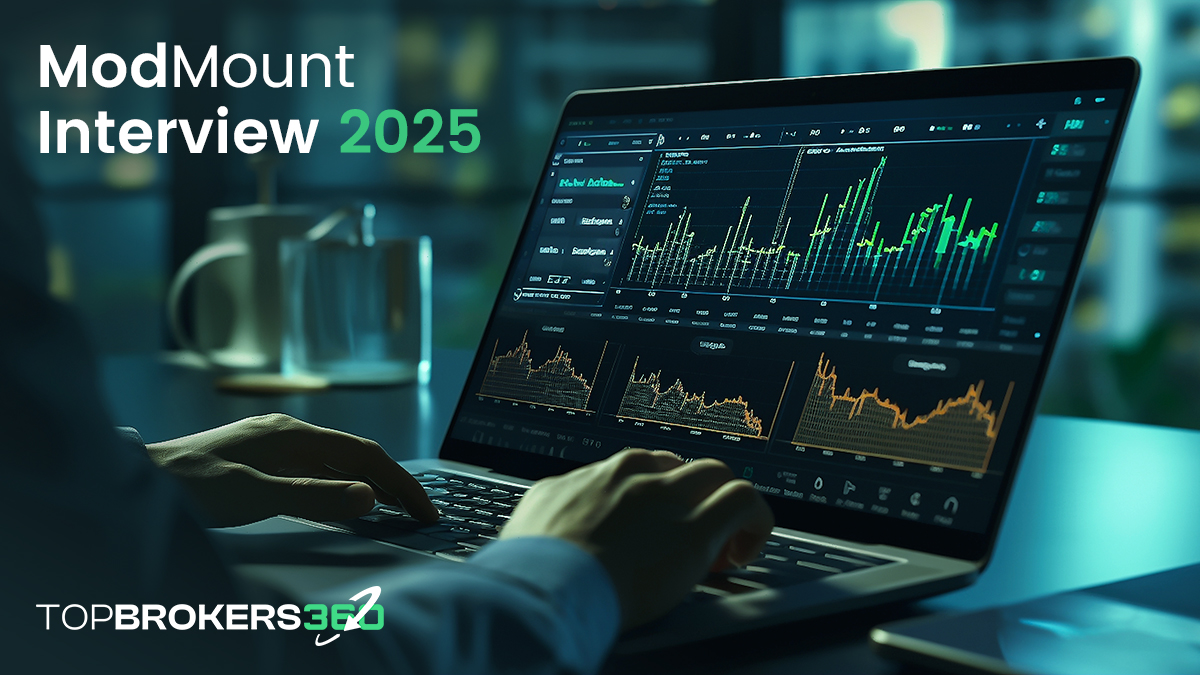

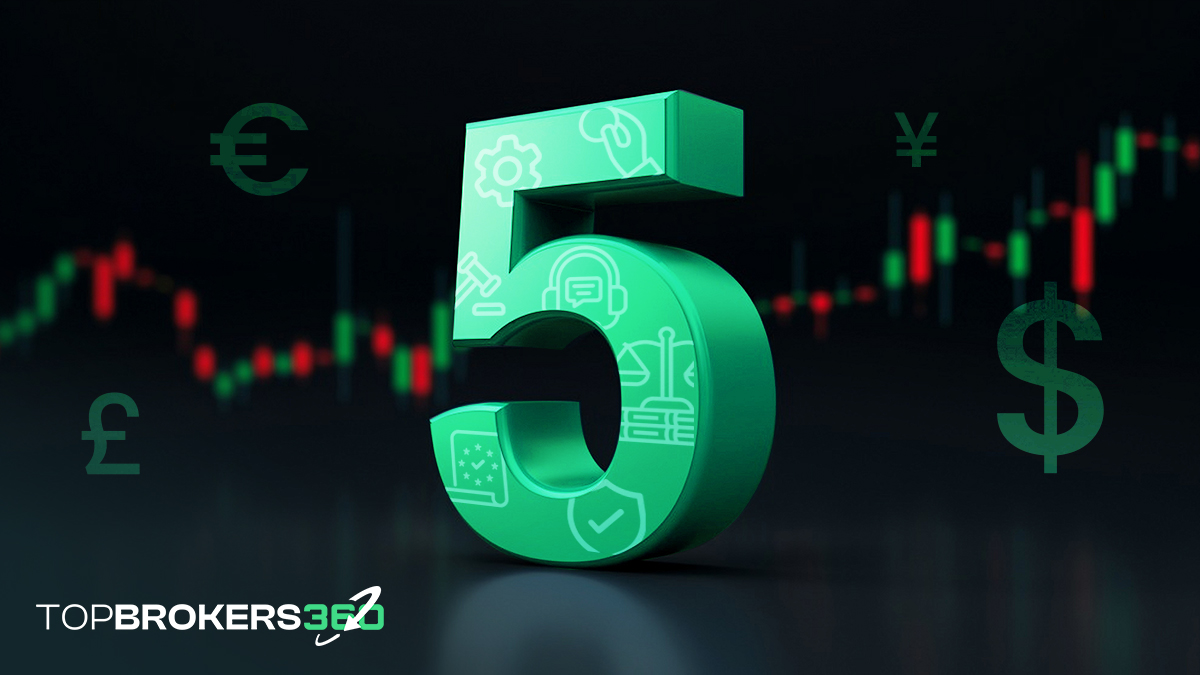
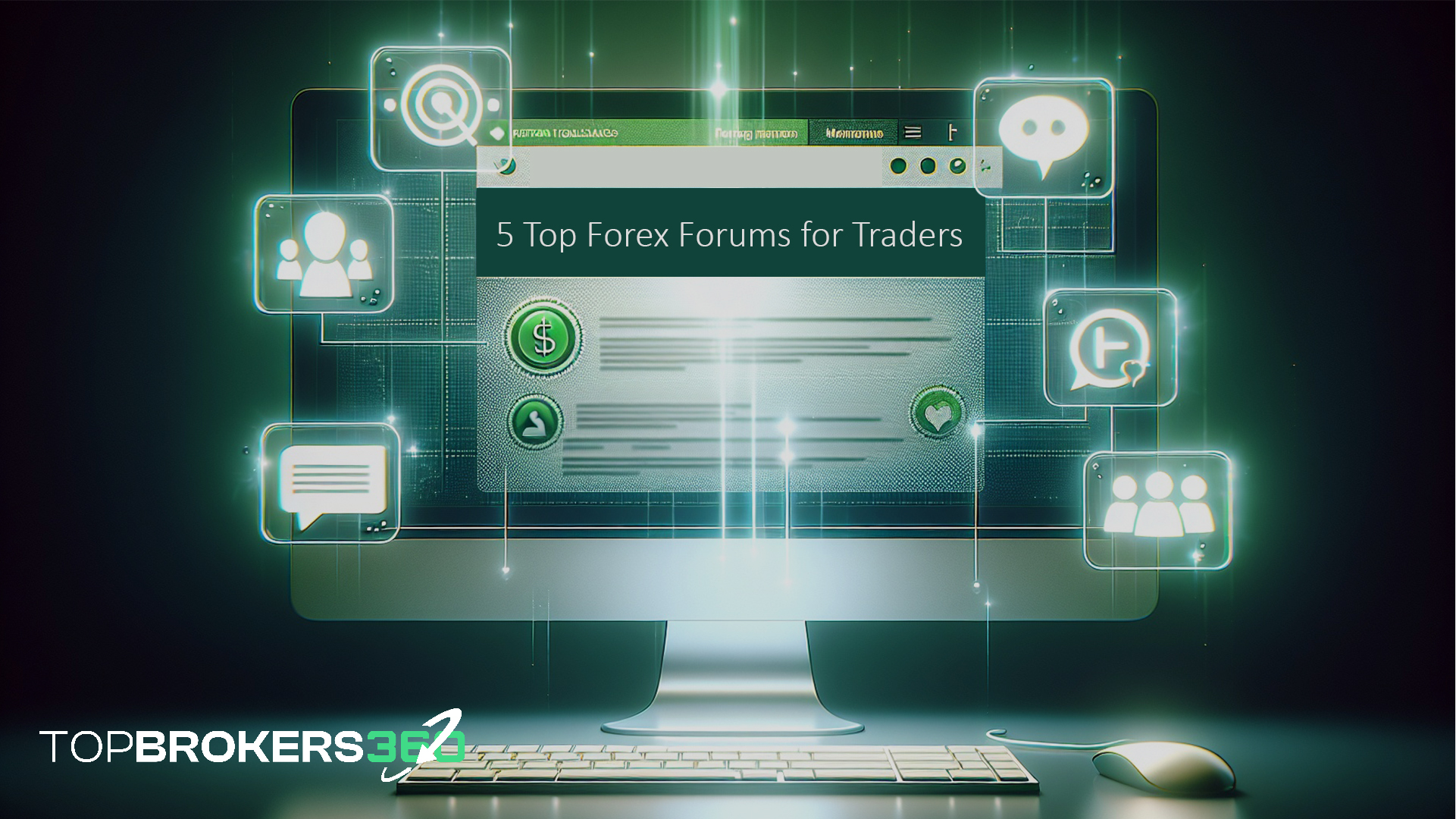
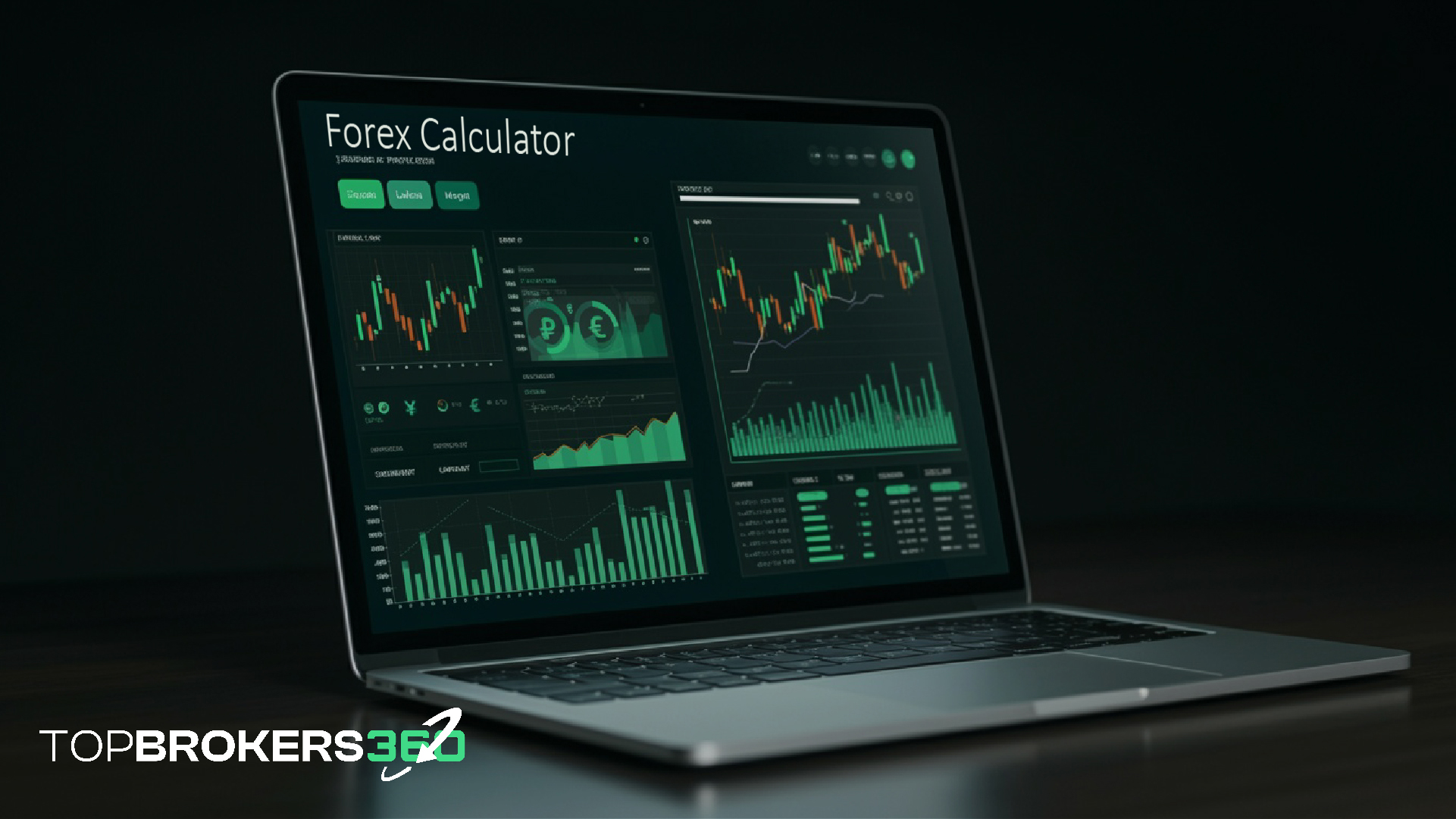

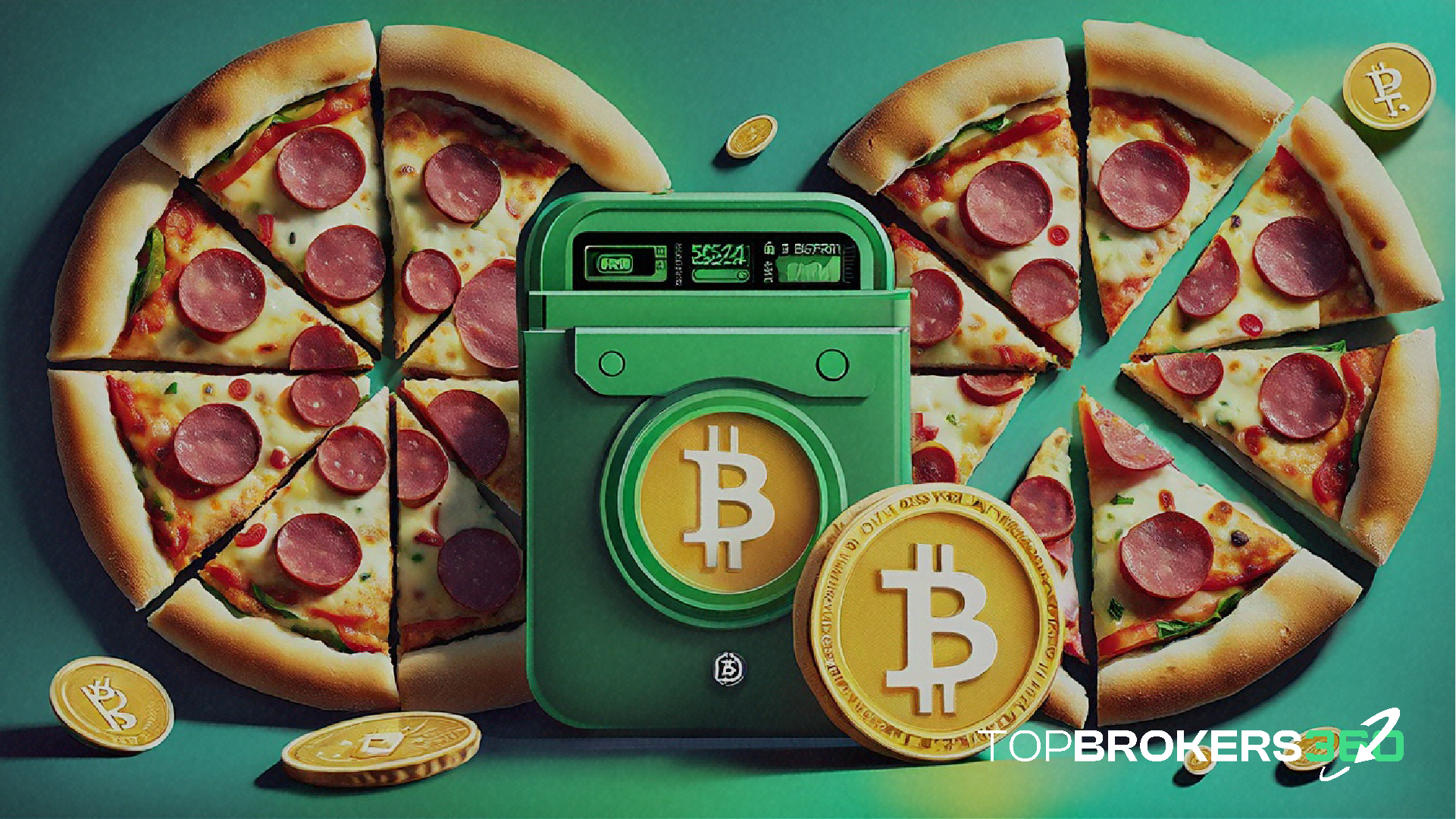
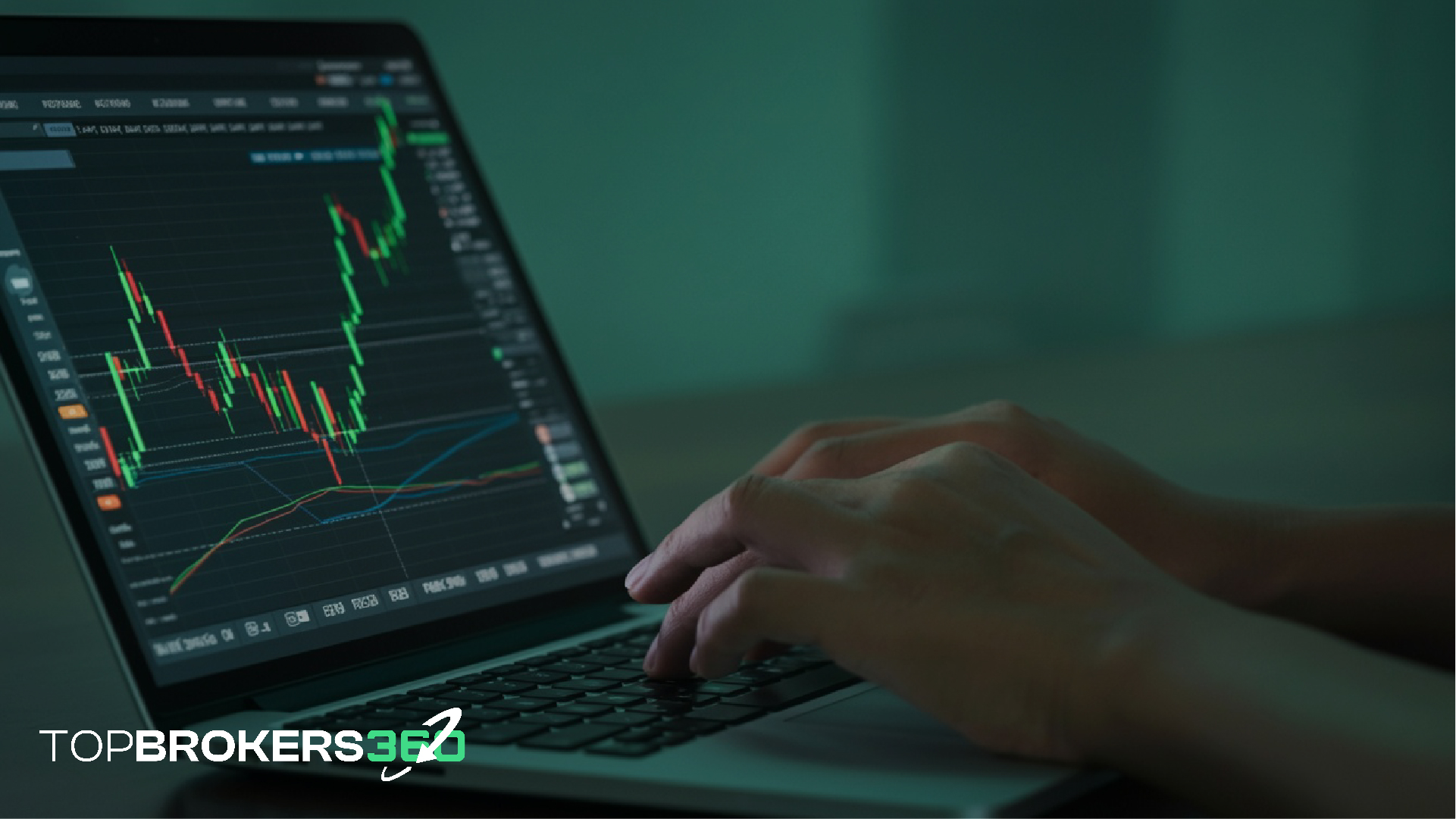

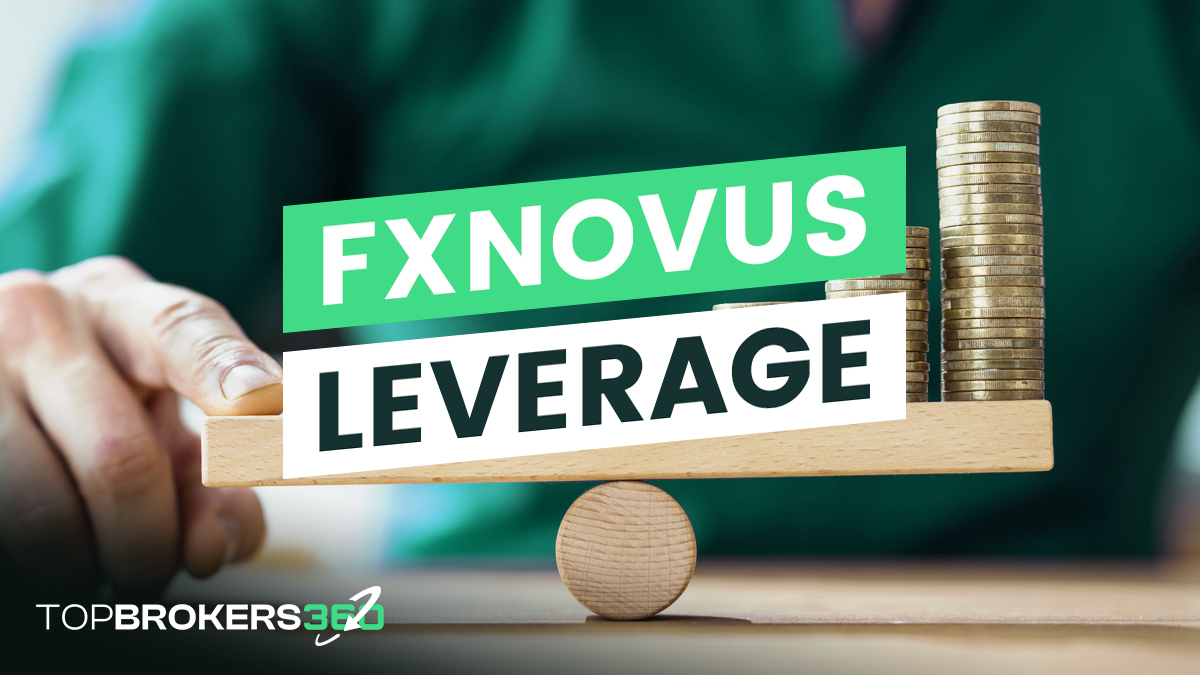
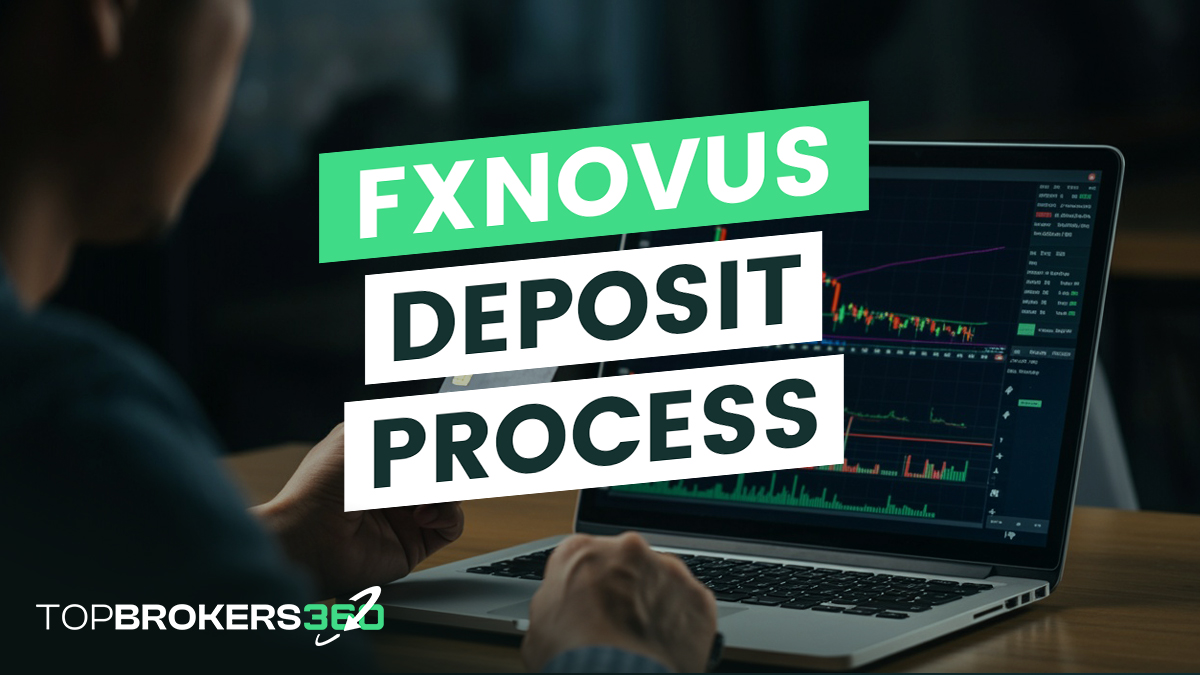
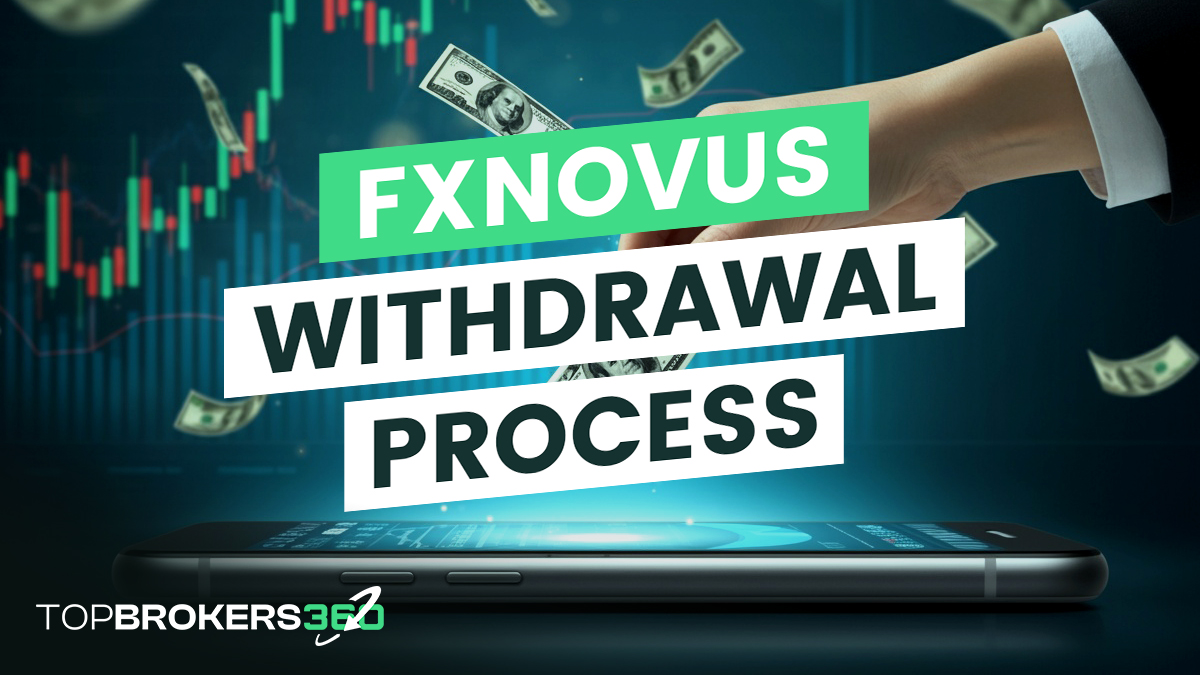
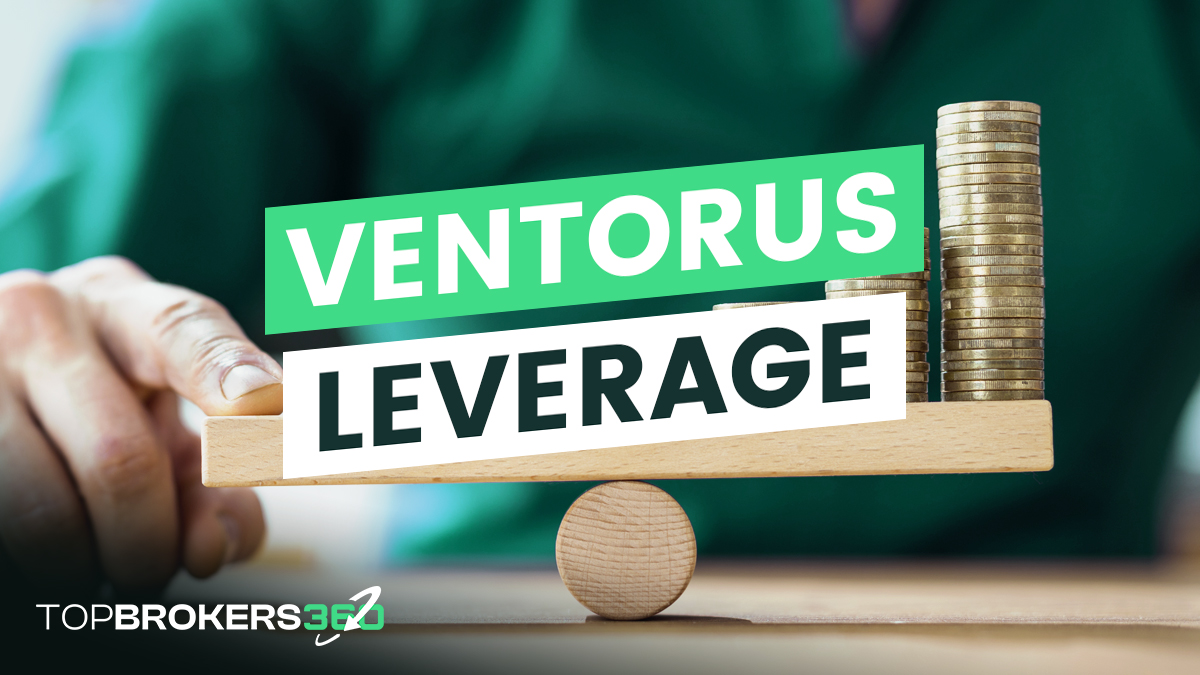

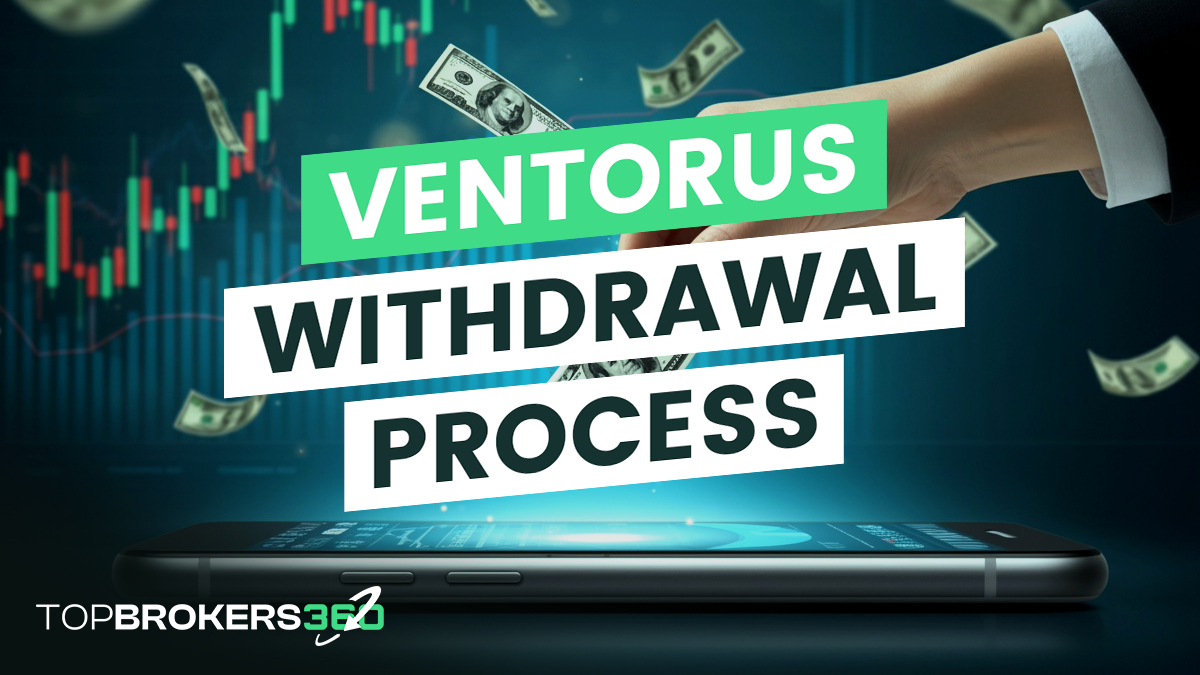
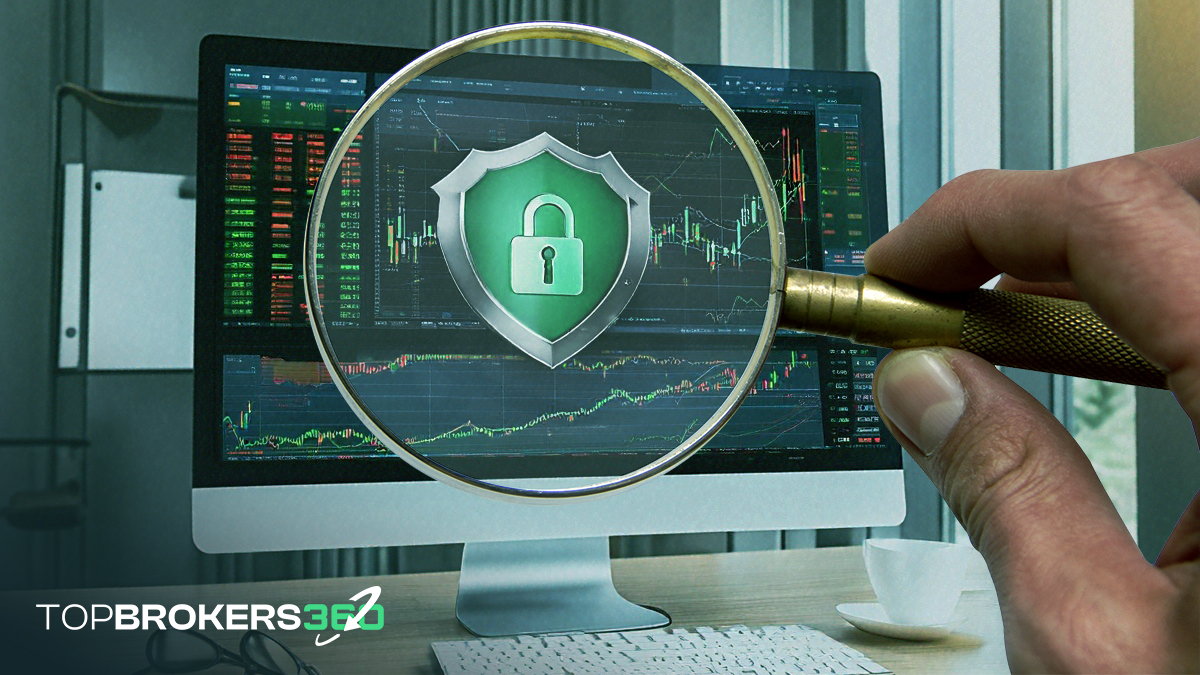
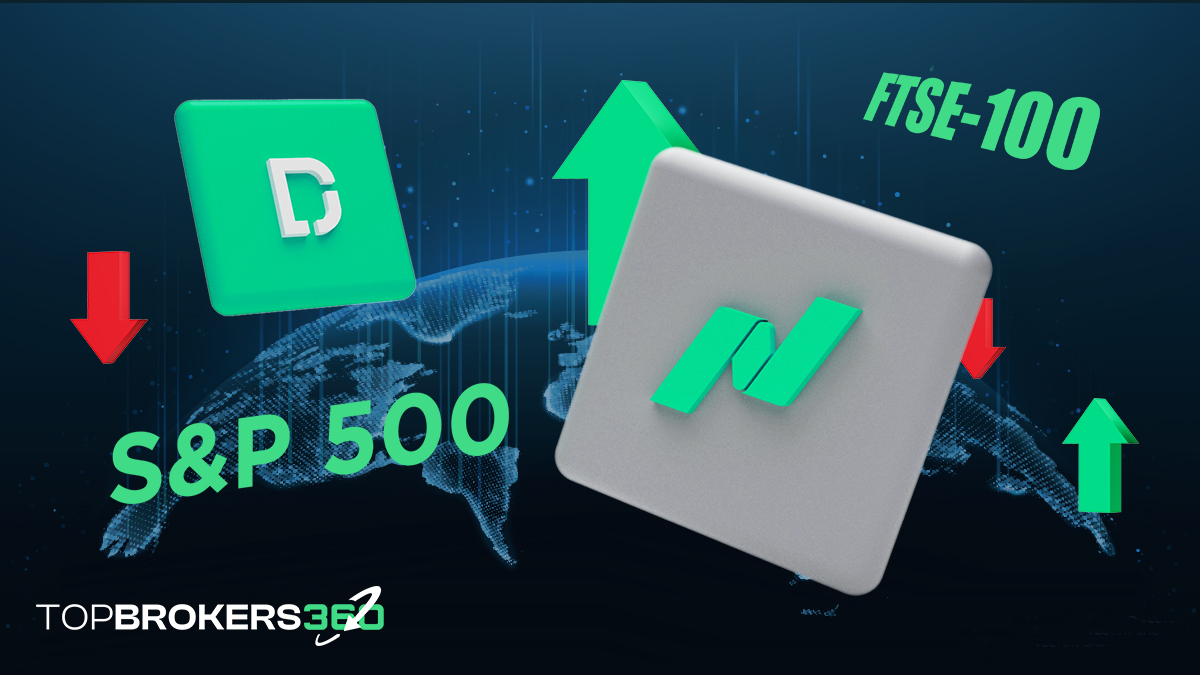




![Weekly Economic Overview [05.07.24]: S&P 500, NASDAQ, Tesla, and Apple](https://www.topbrokers360.com/wp-content/uploads/2024/07/Weekly_Update_Thumbnail_5.jpg)

![Weekly Economic Overview [28.06.24]: US Stock Market Trends, Inflation Insights, and NVIDIA Analysis](https://www.topbrokers360.com/wp-content/uploads/2024/06/Weekly_Update_Thumbnail_4.jpg)
